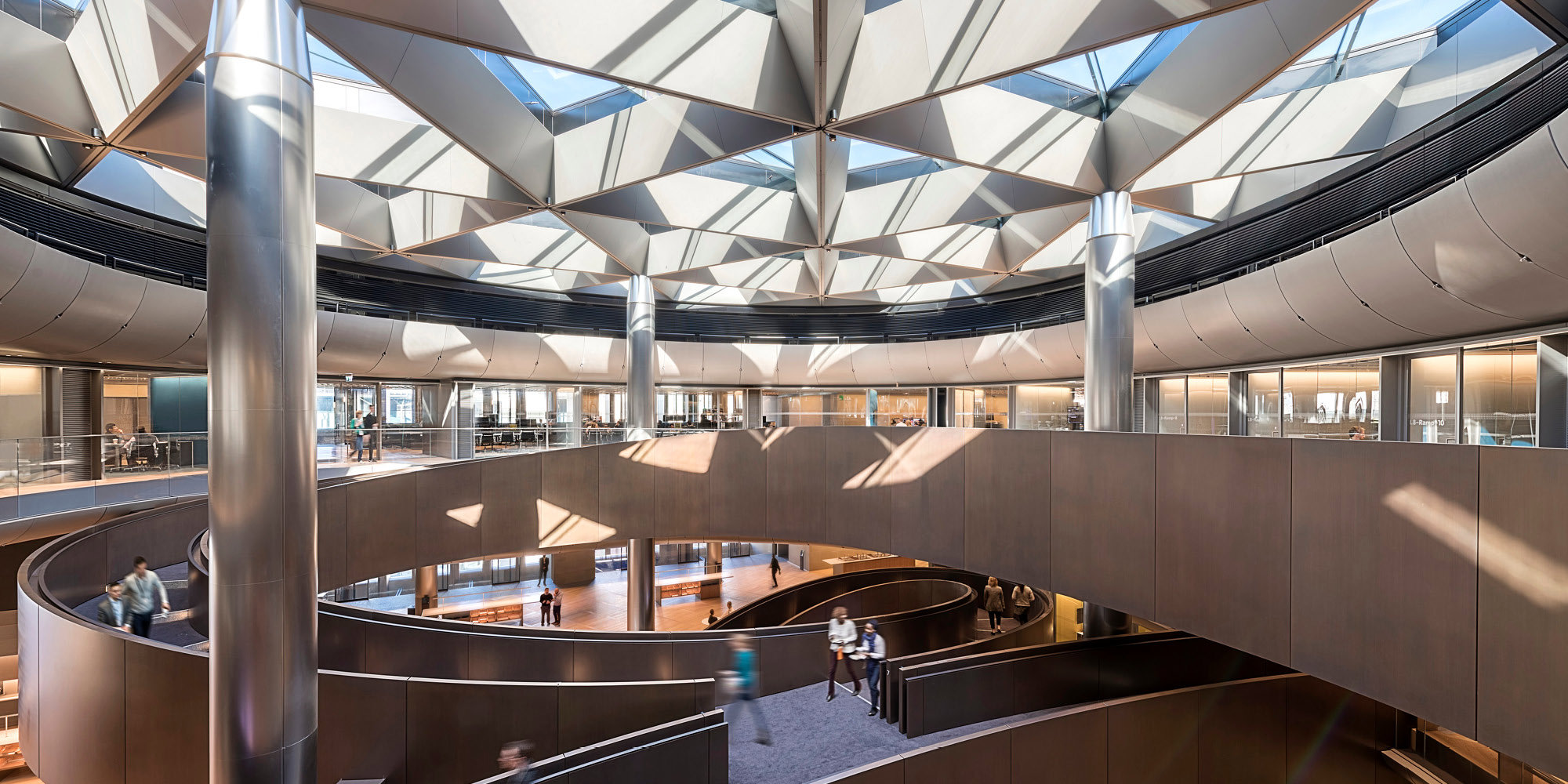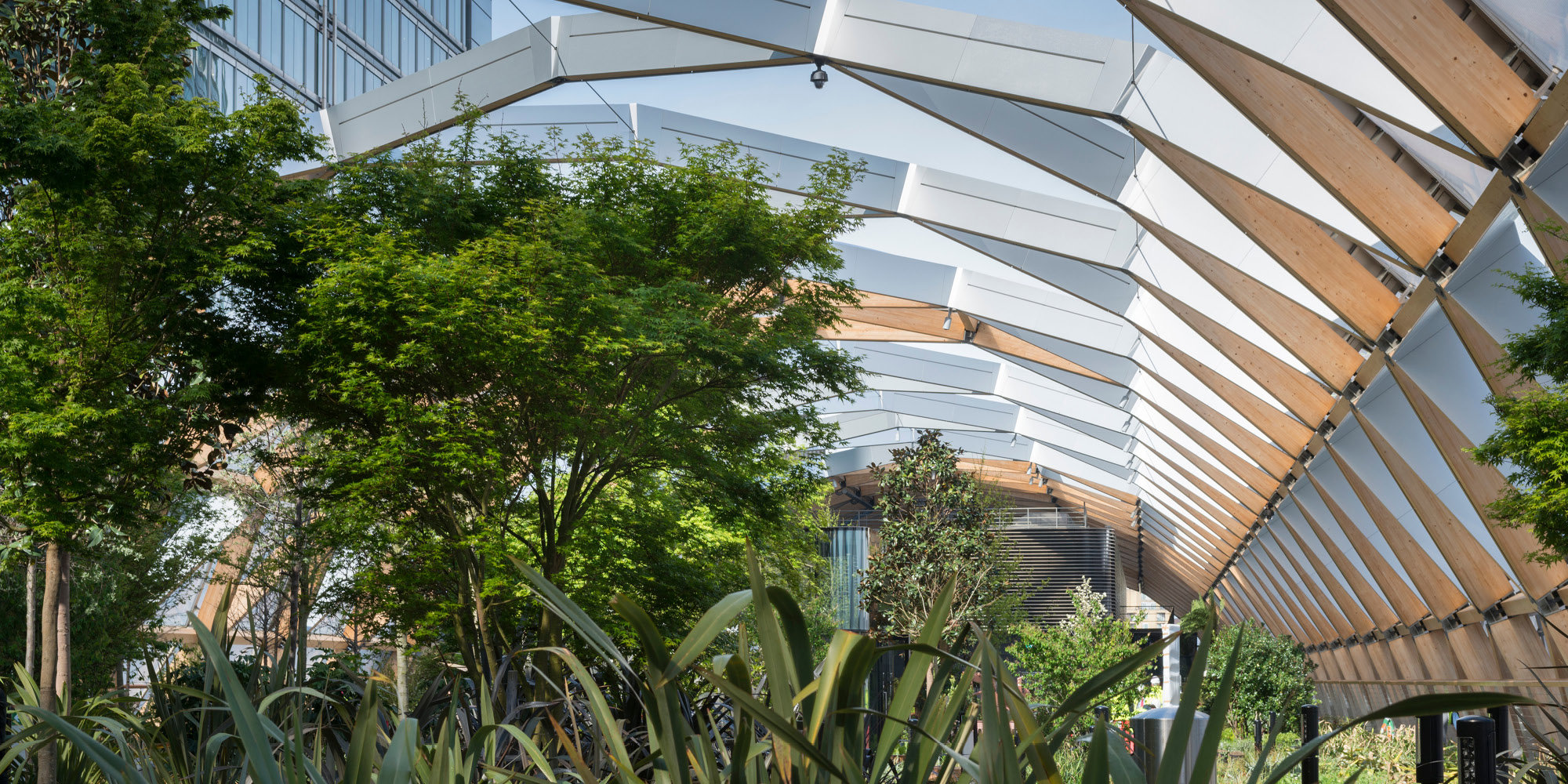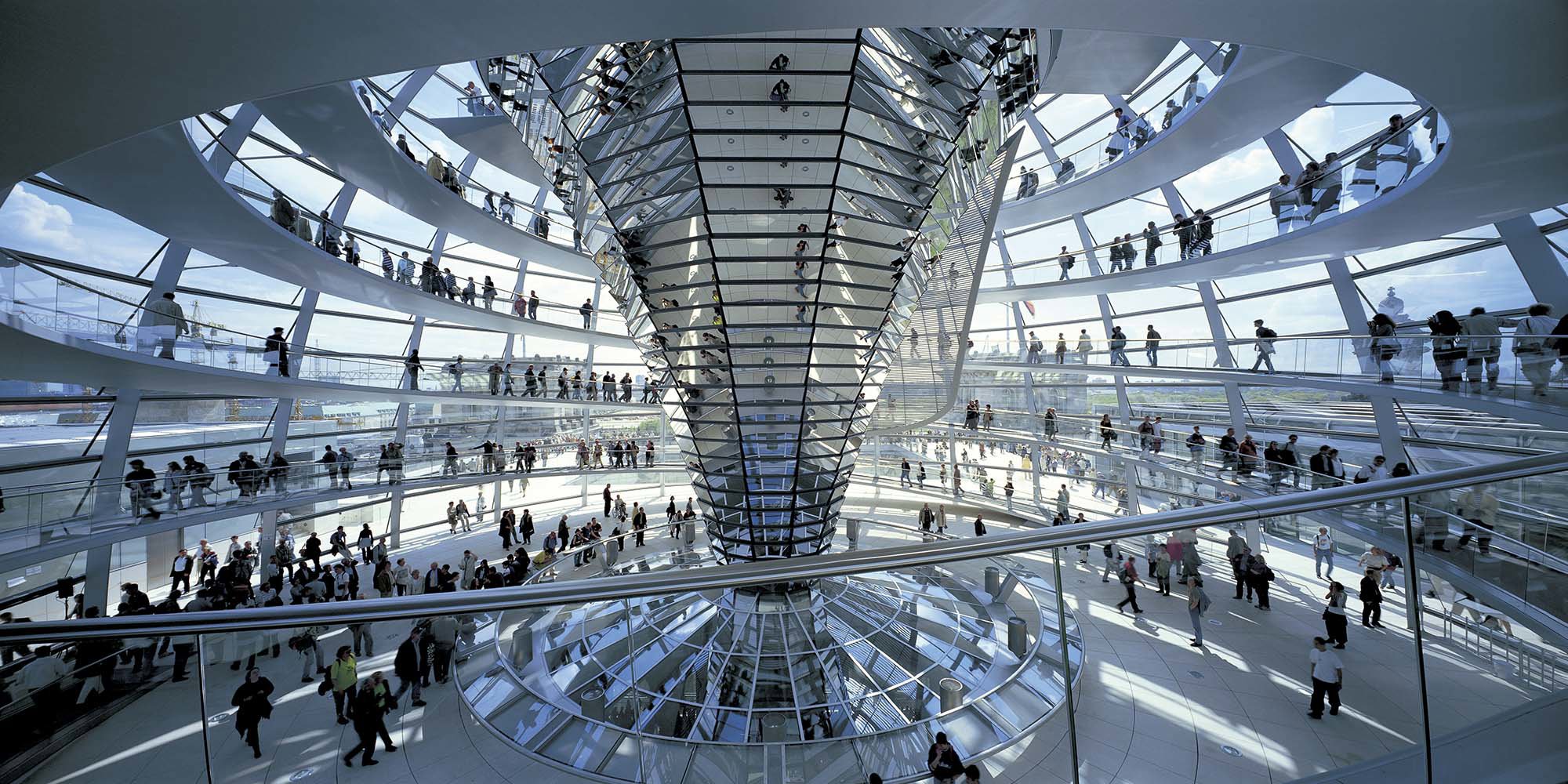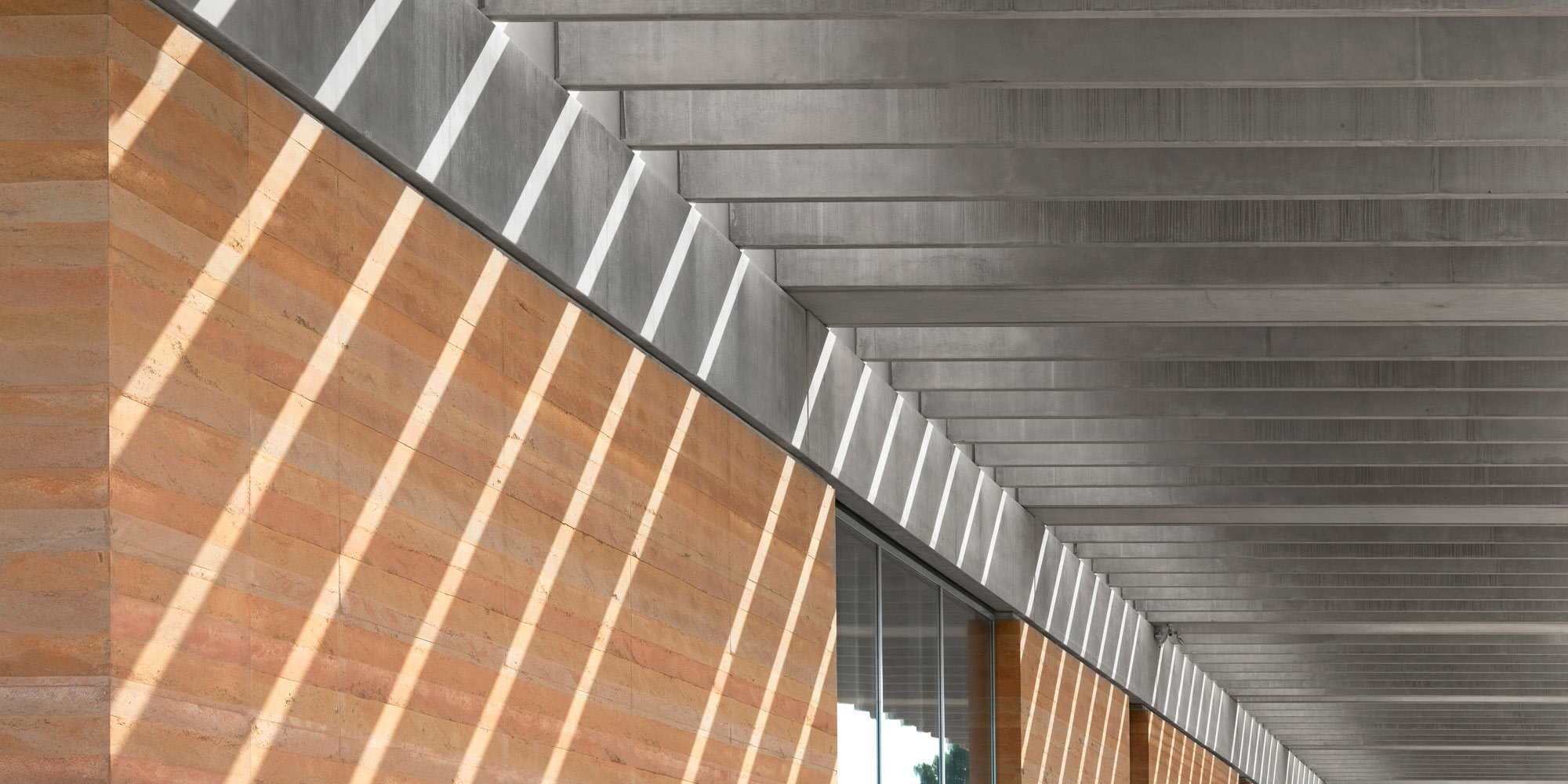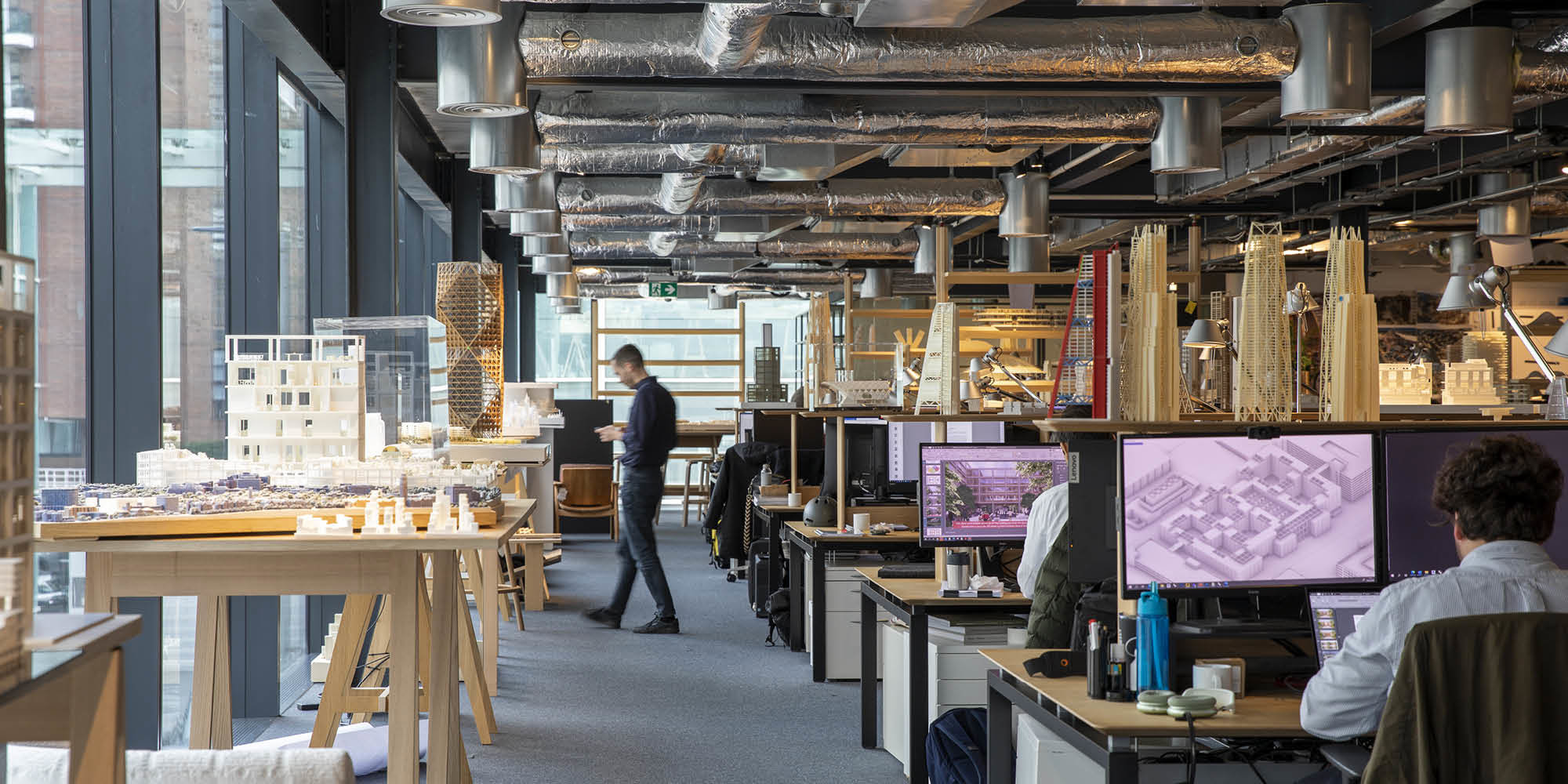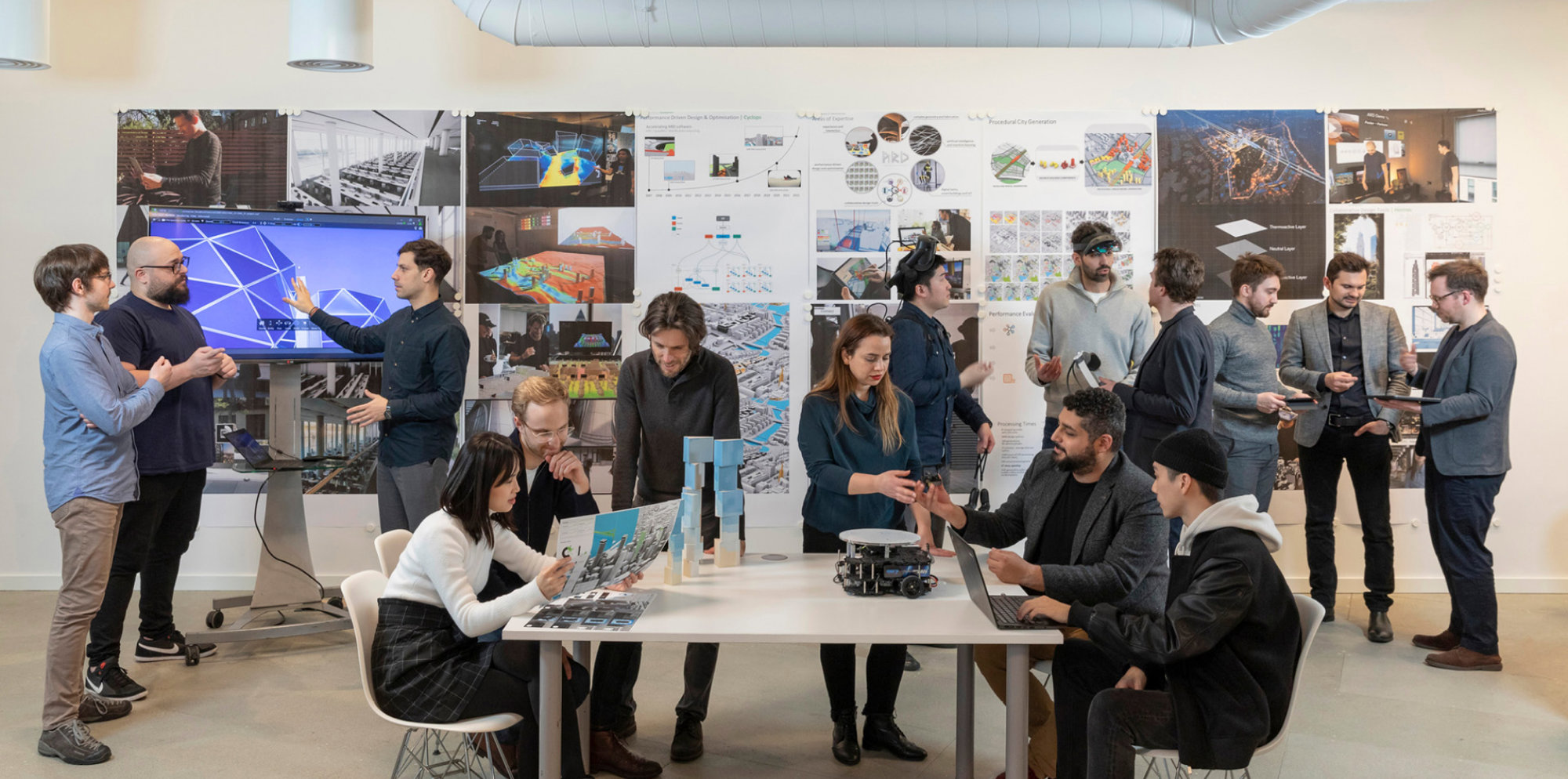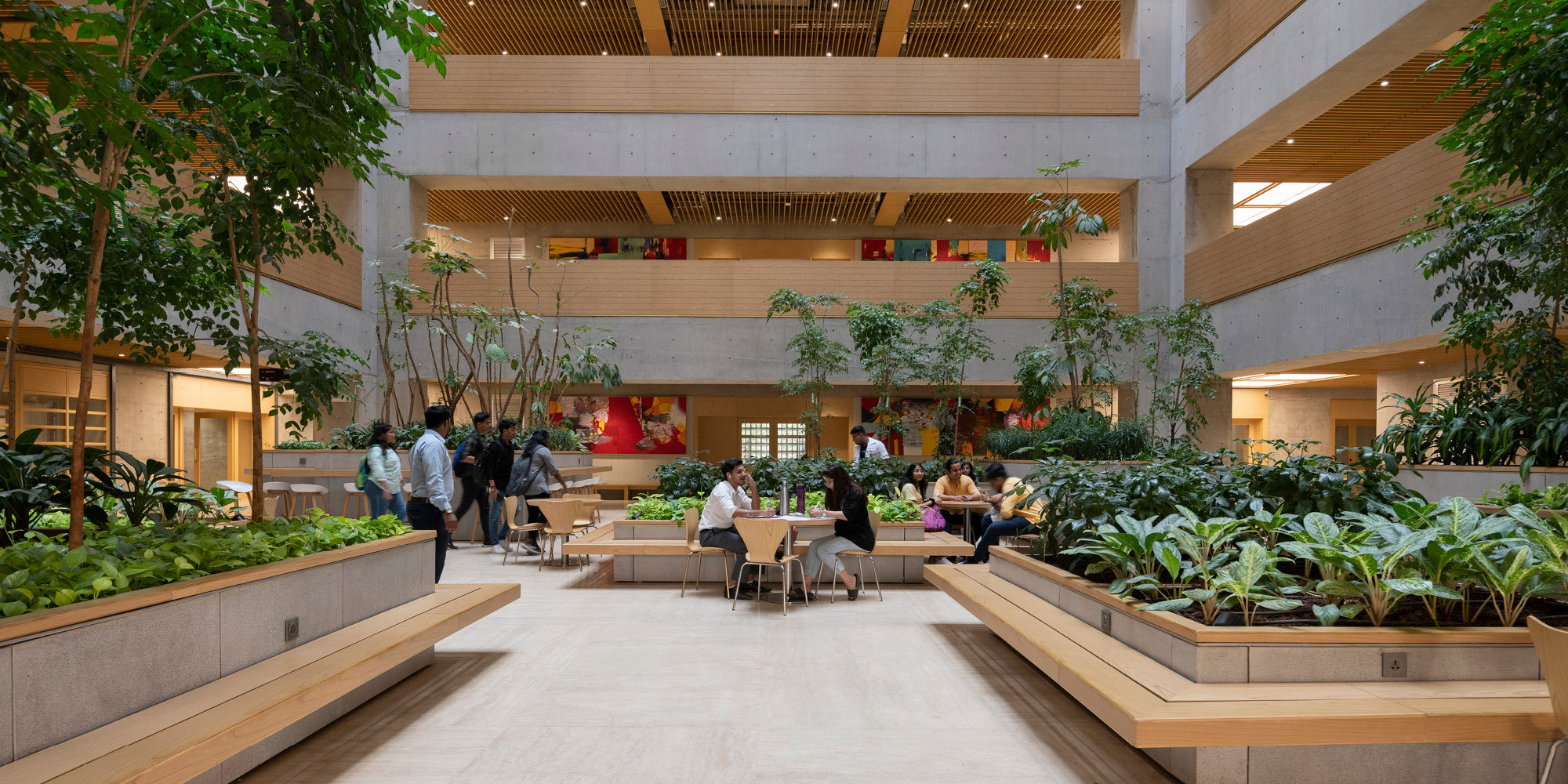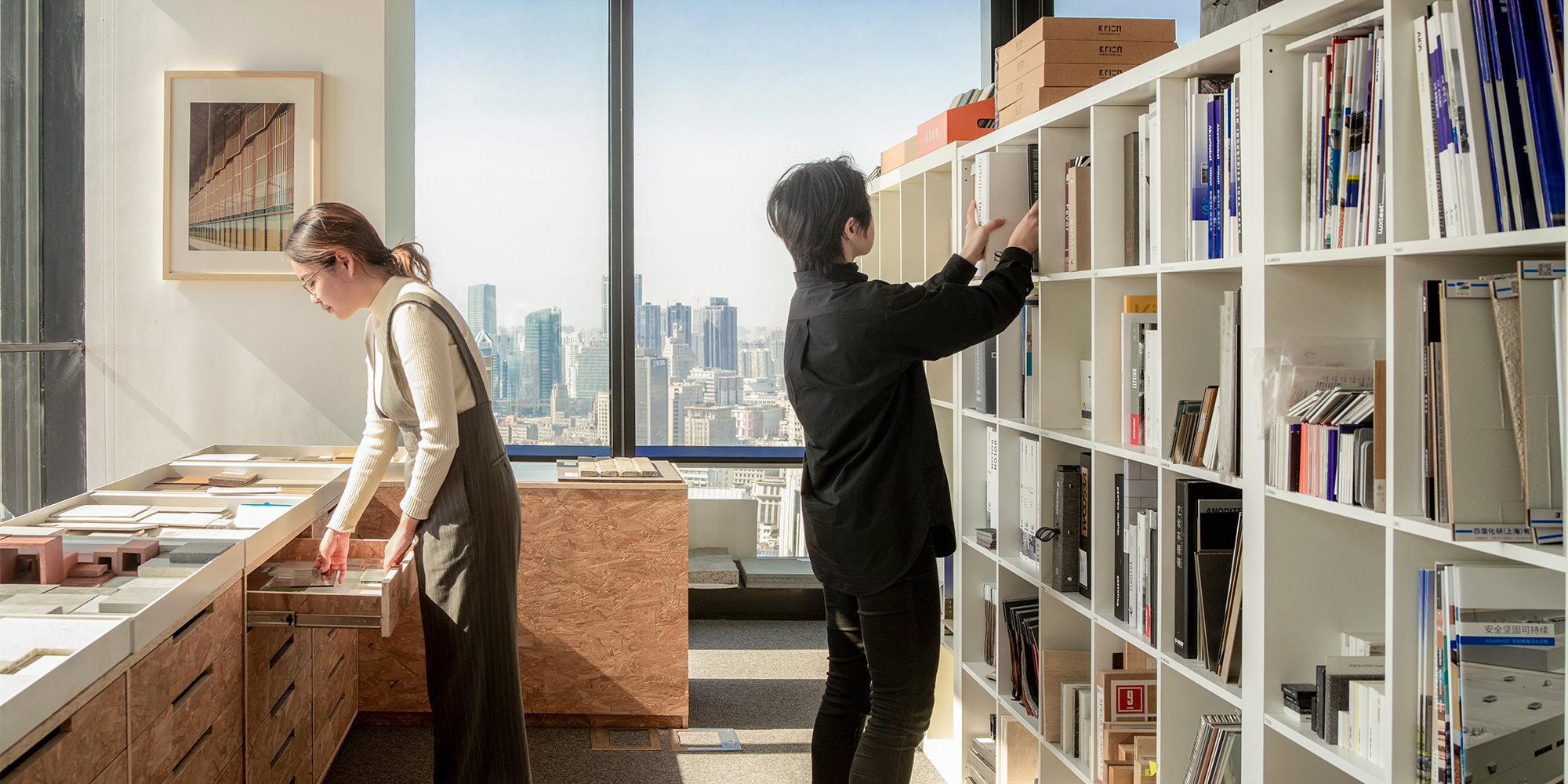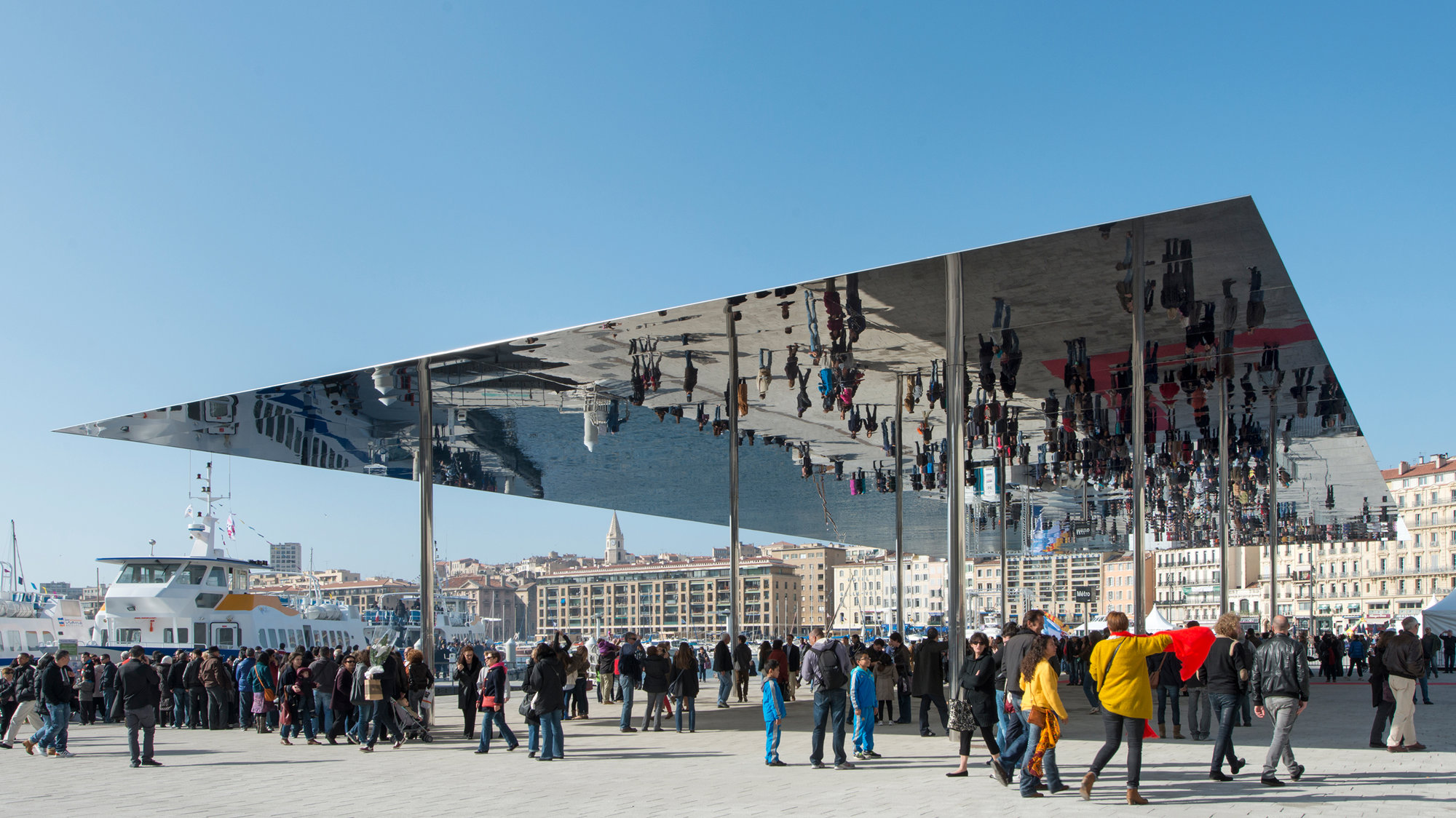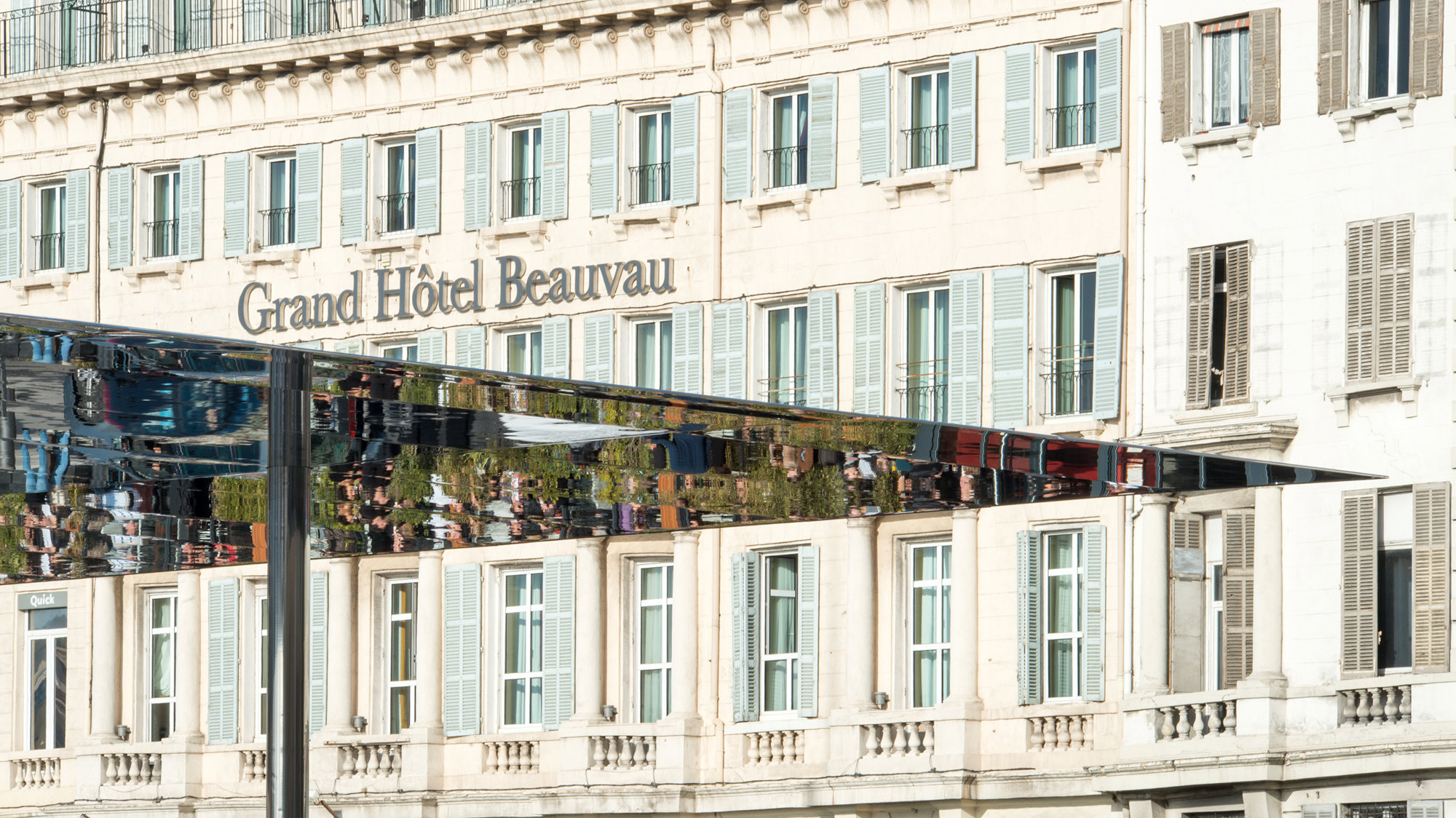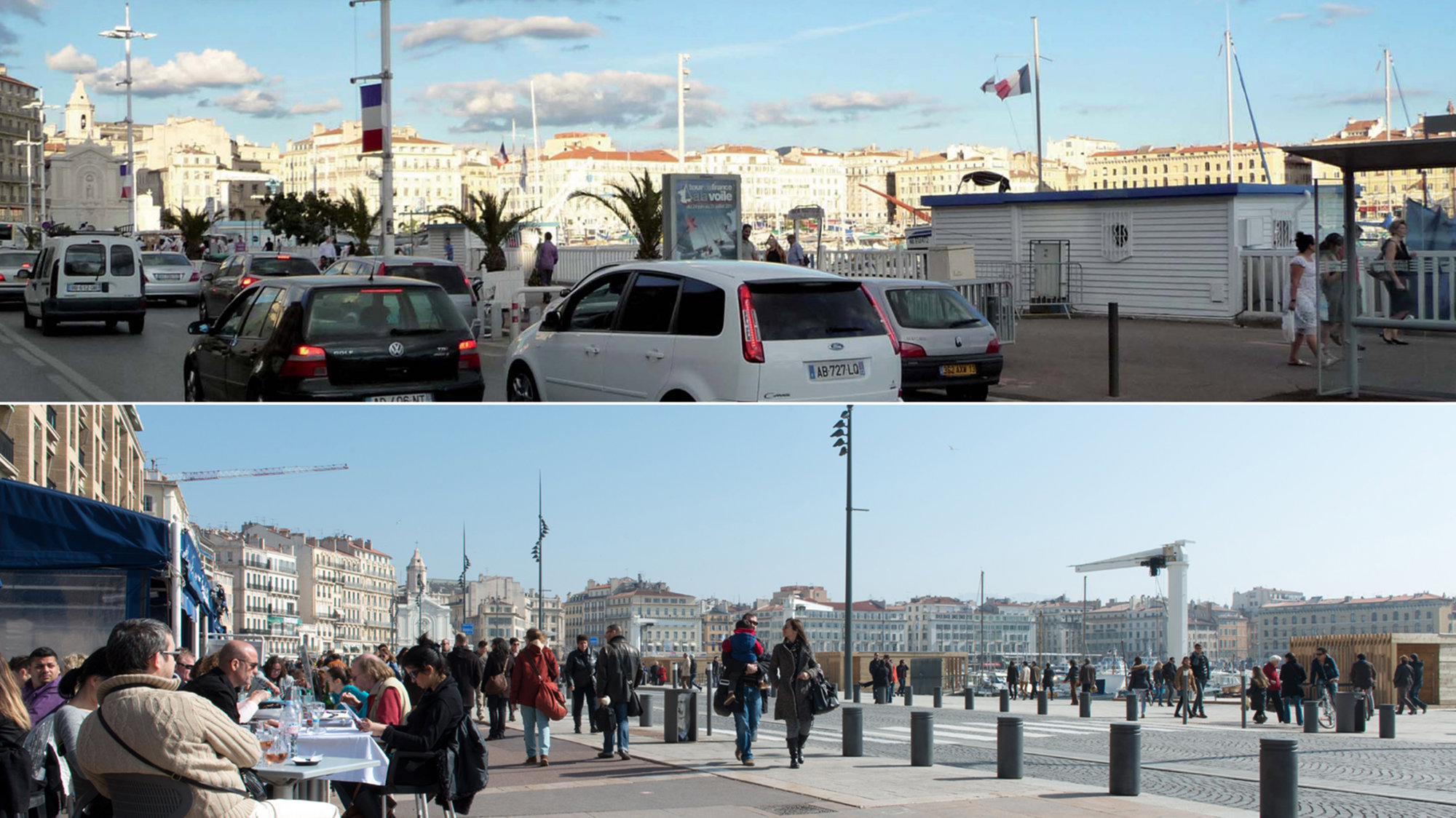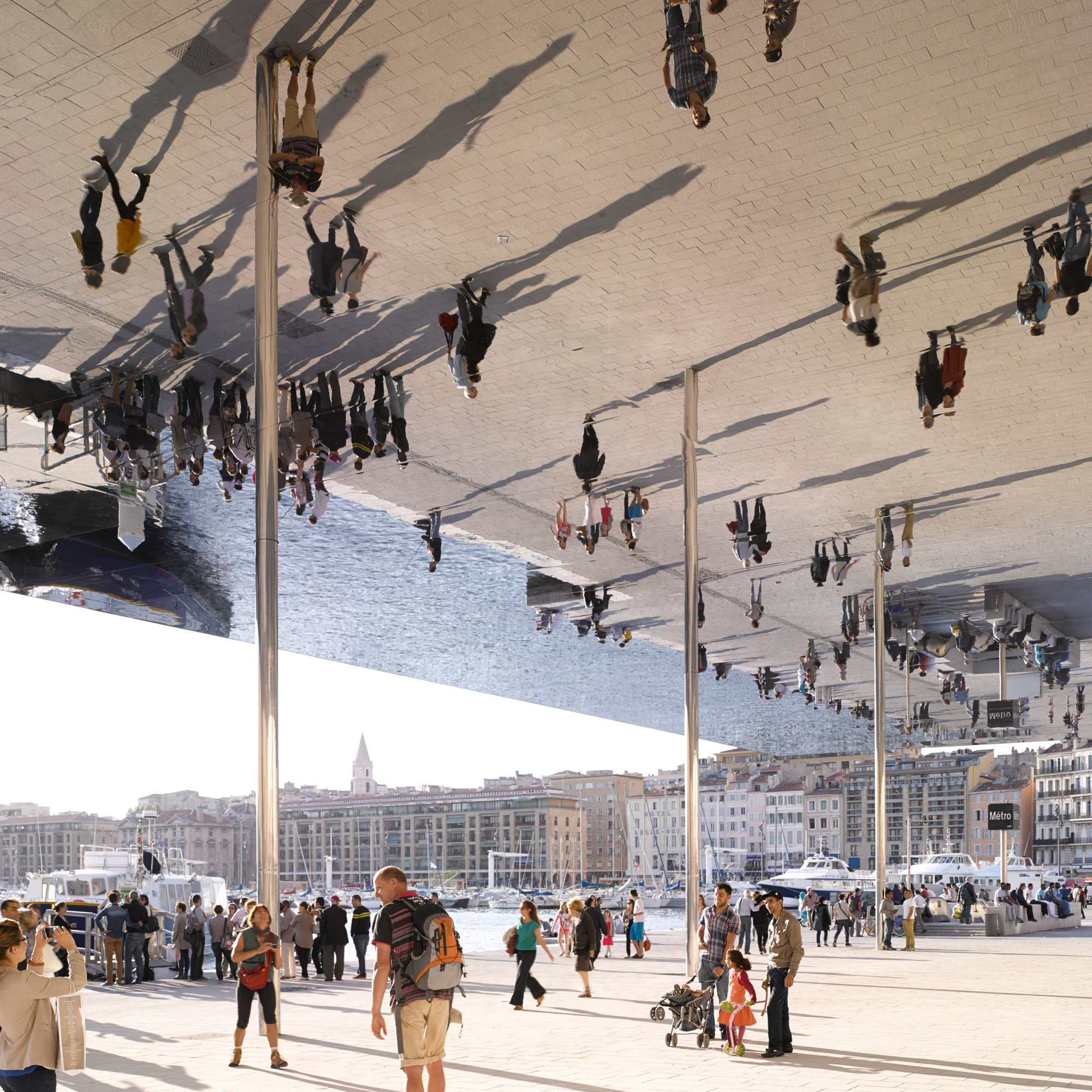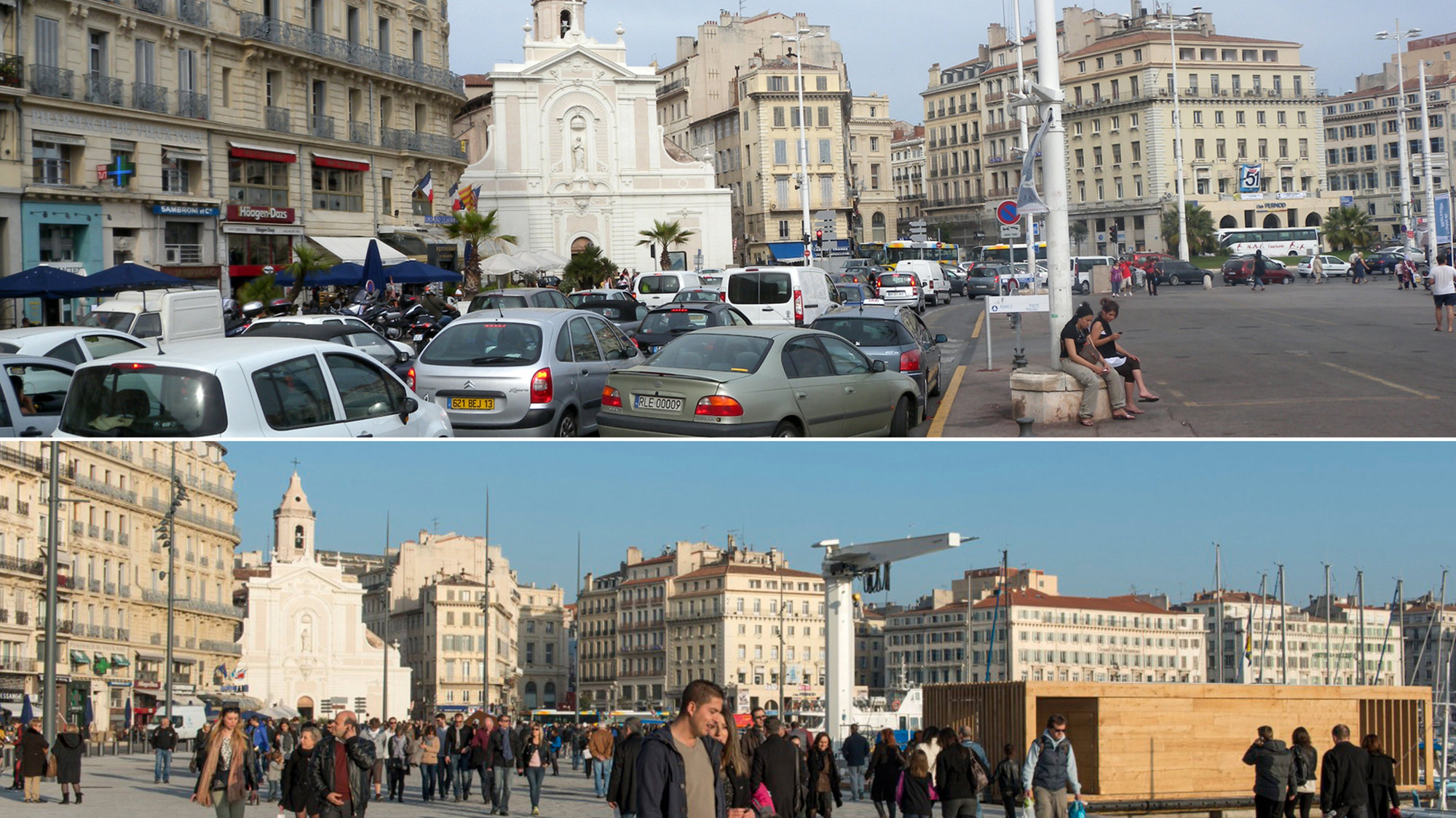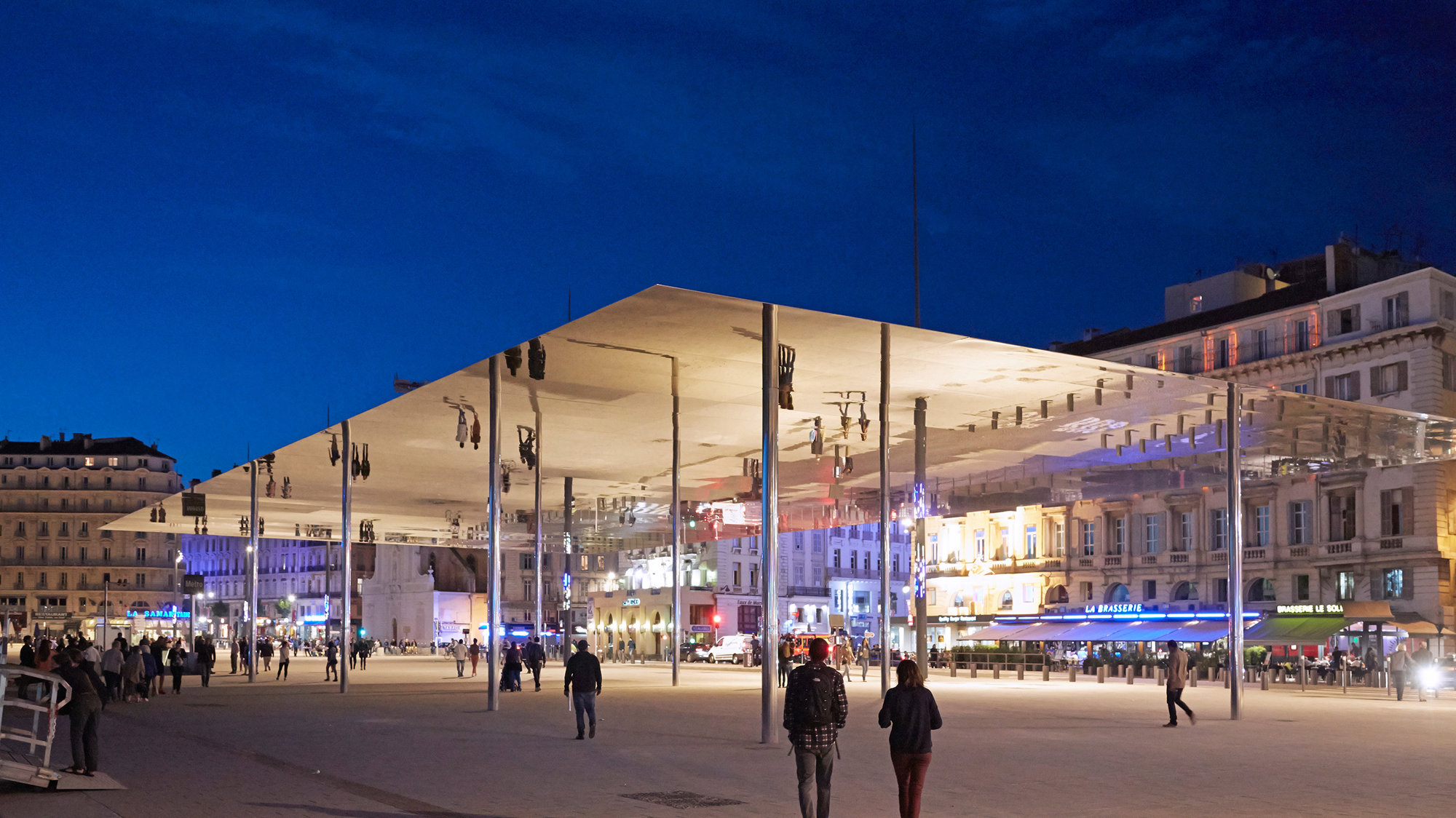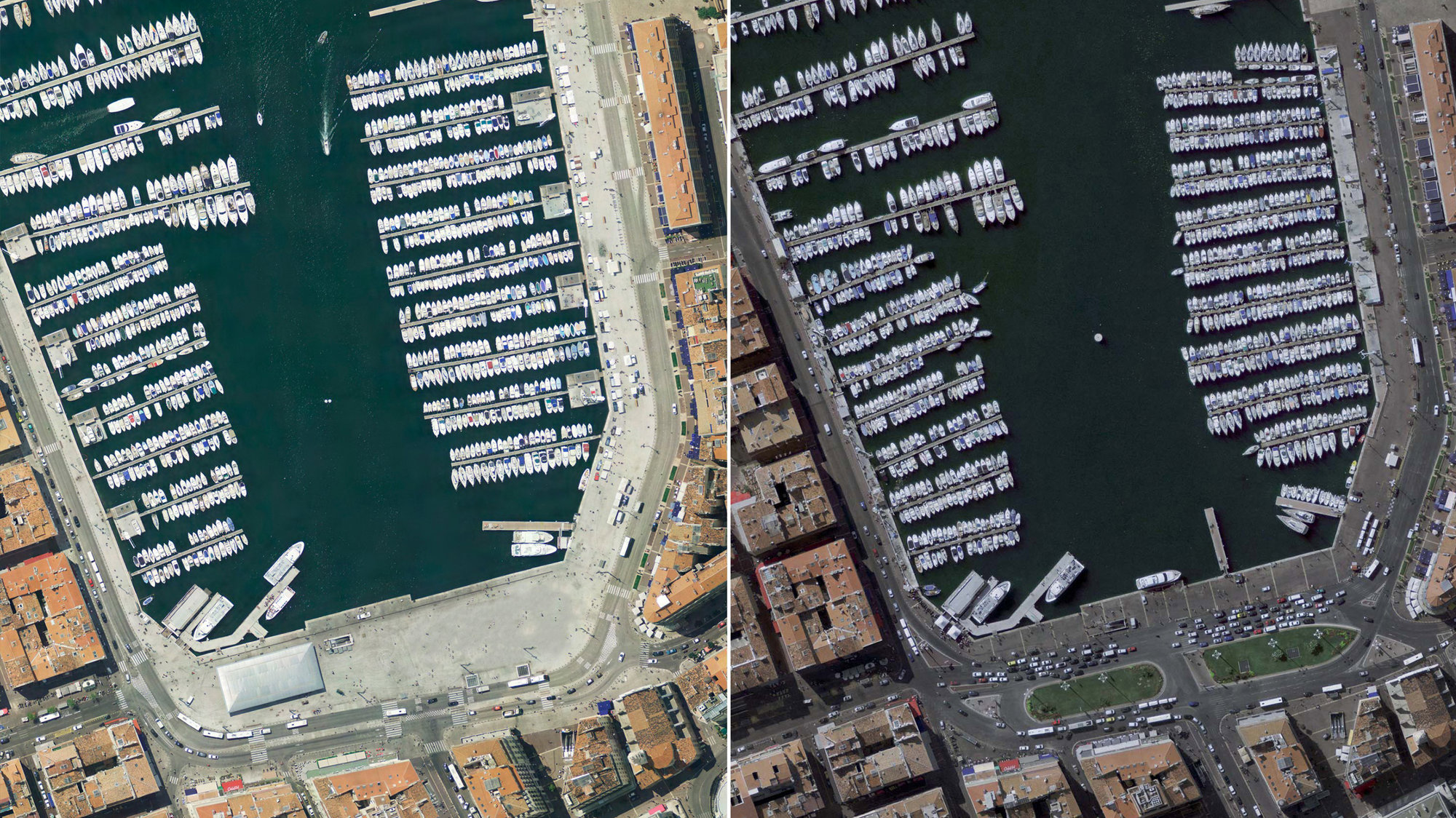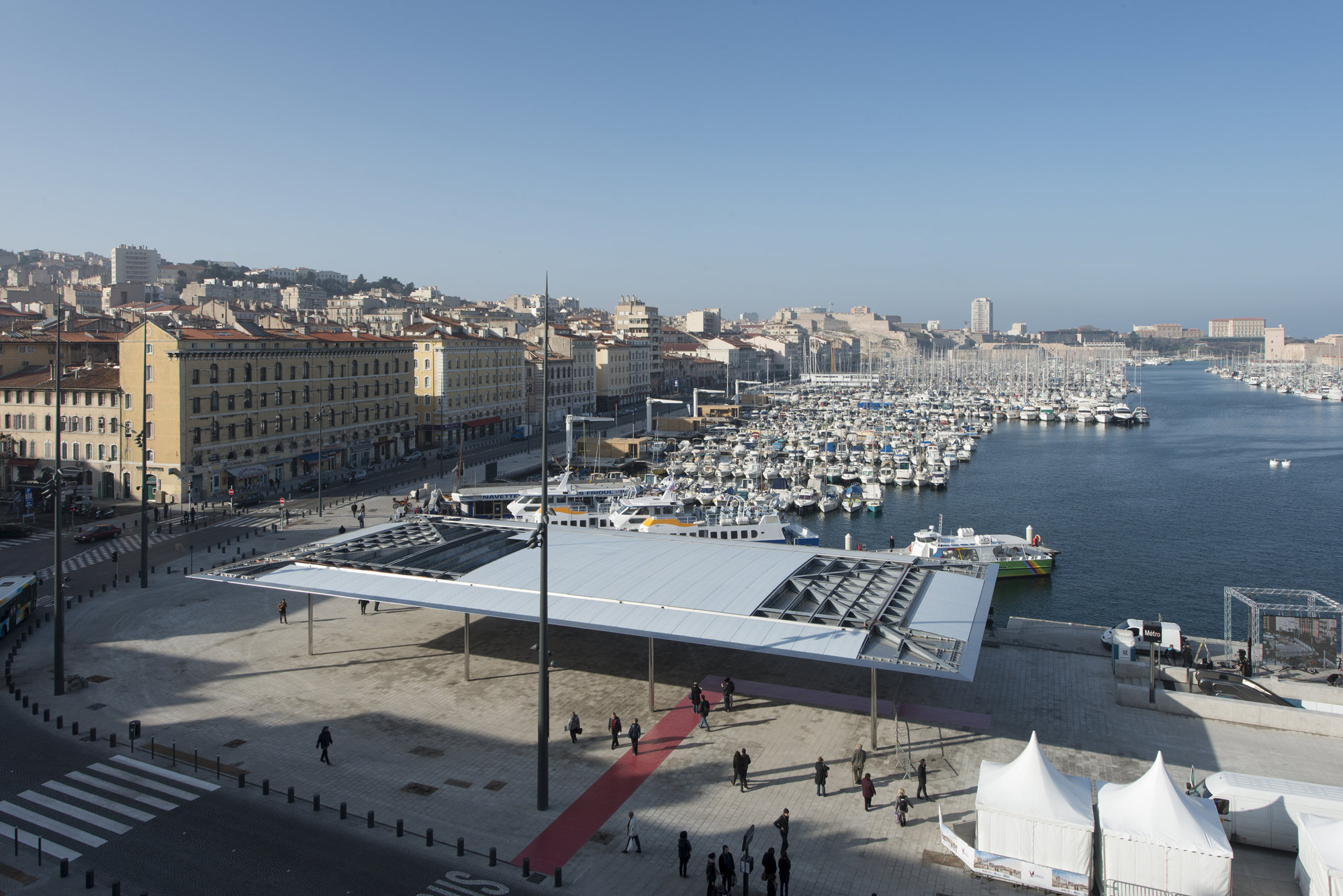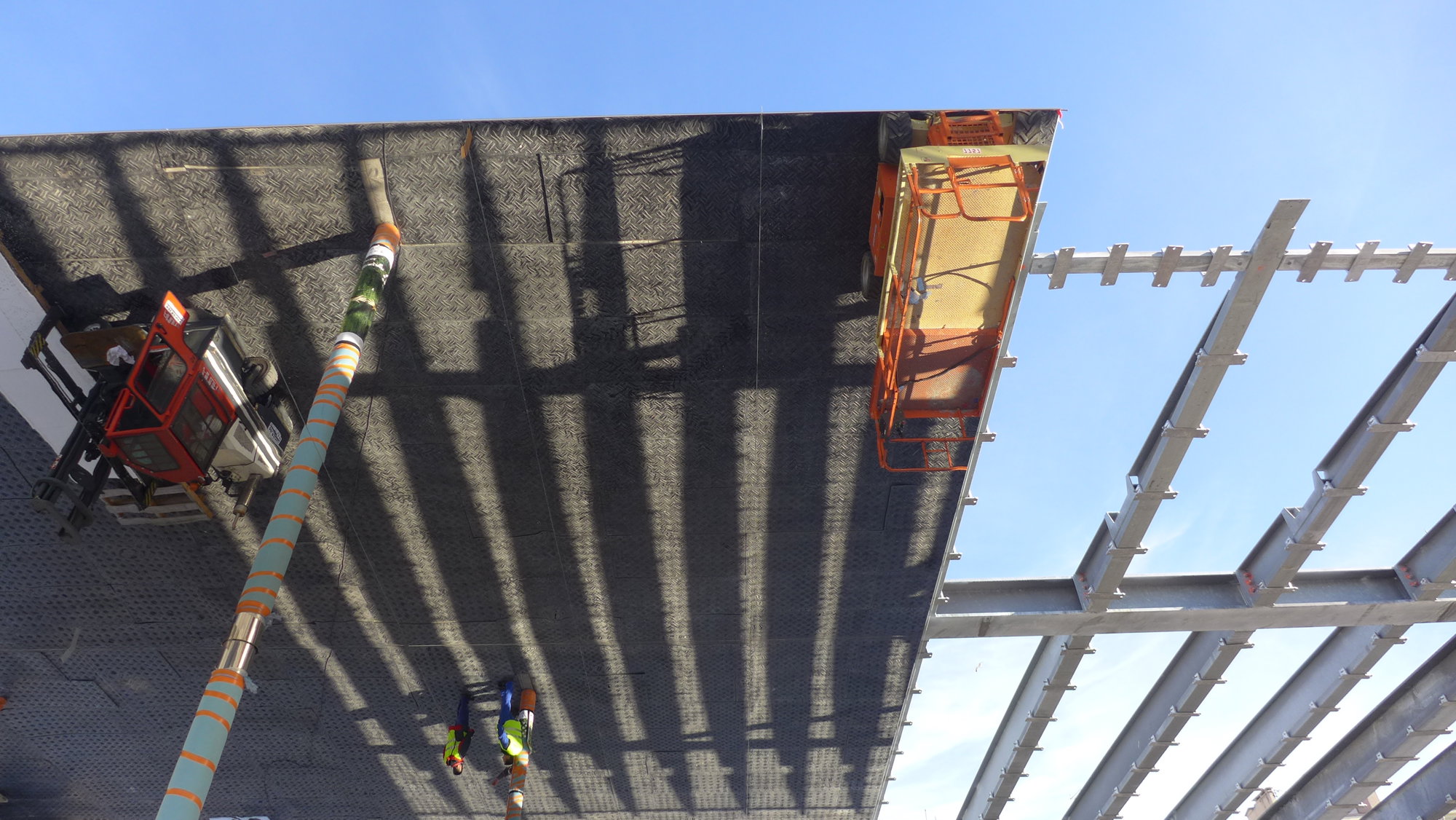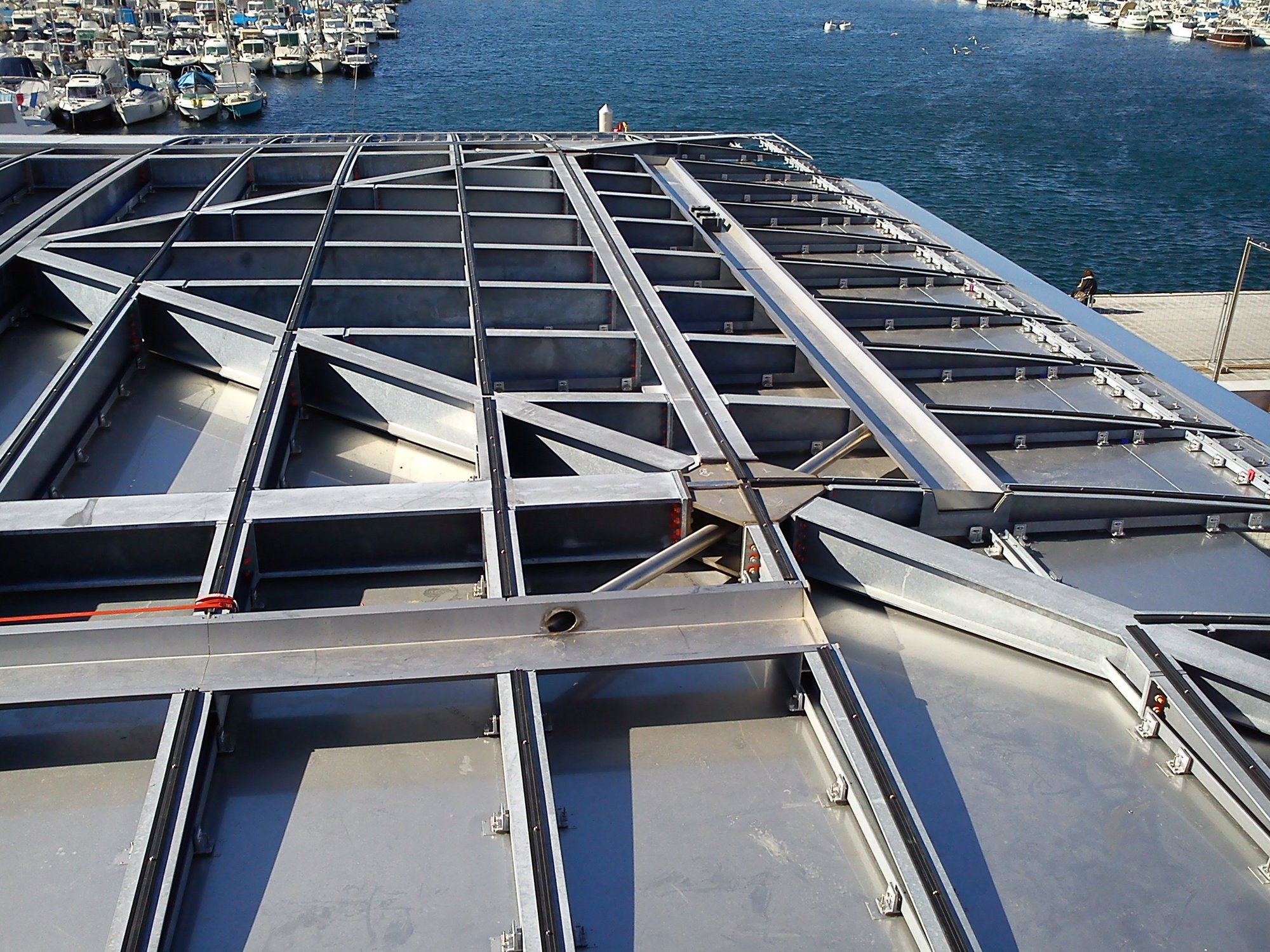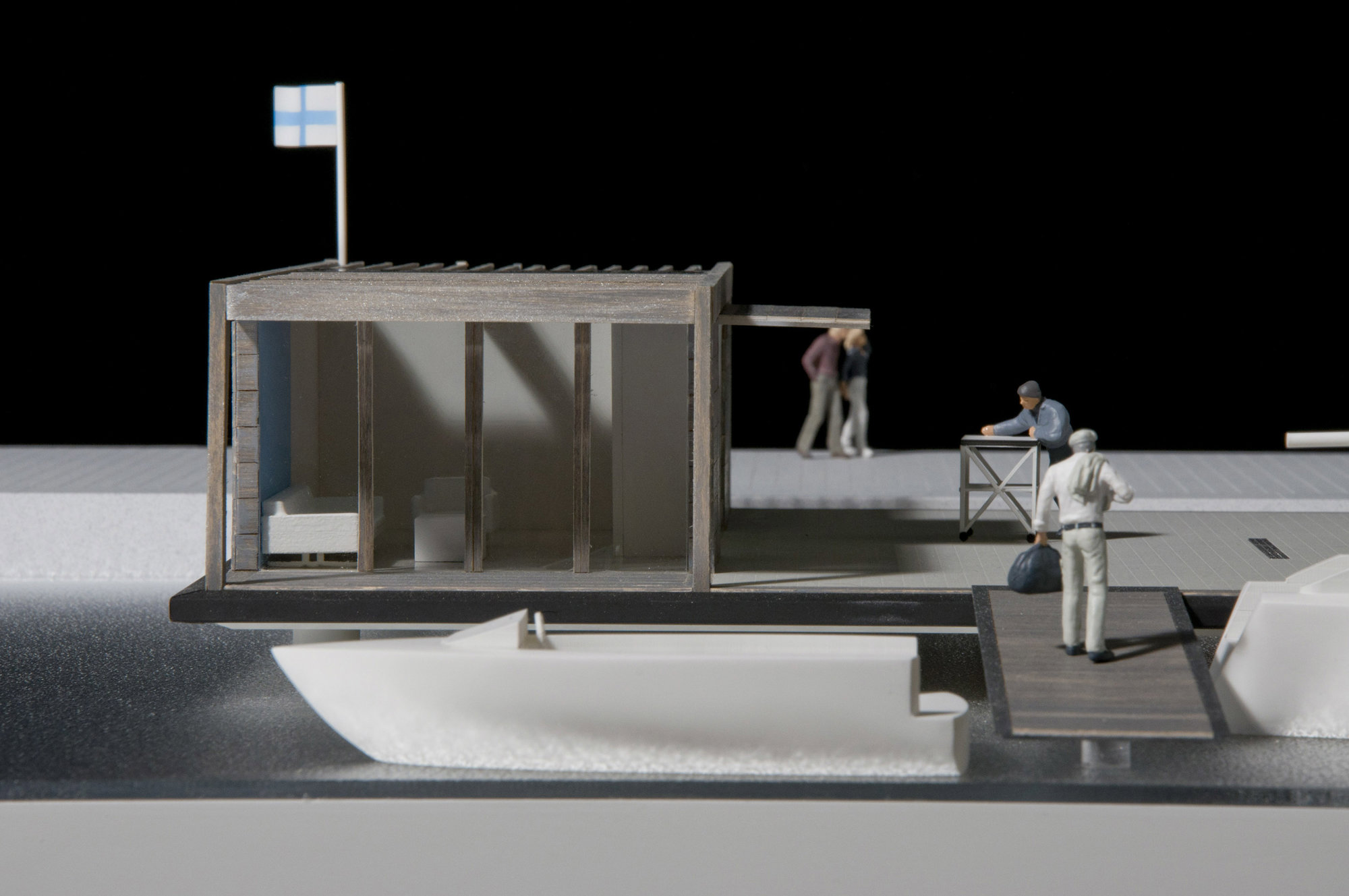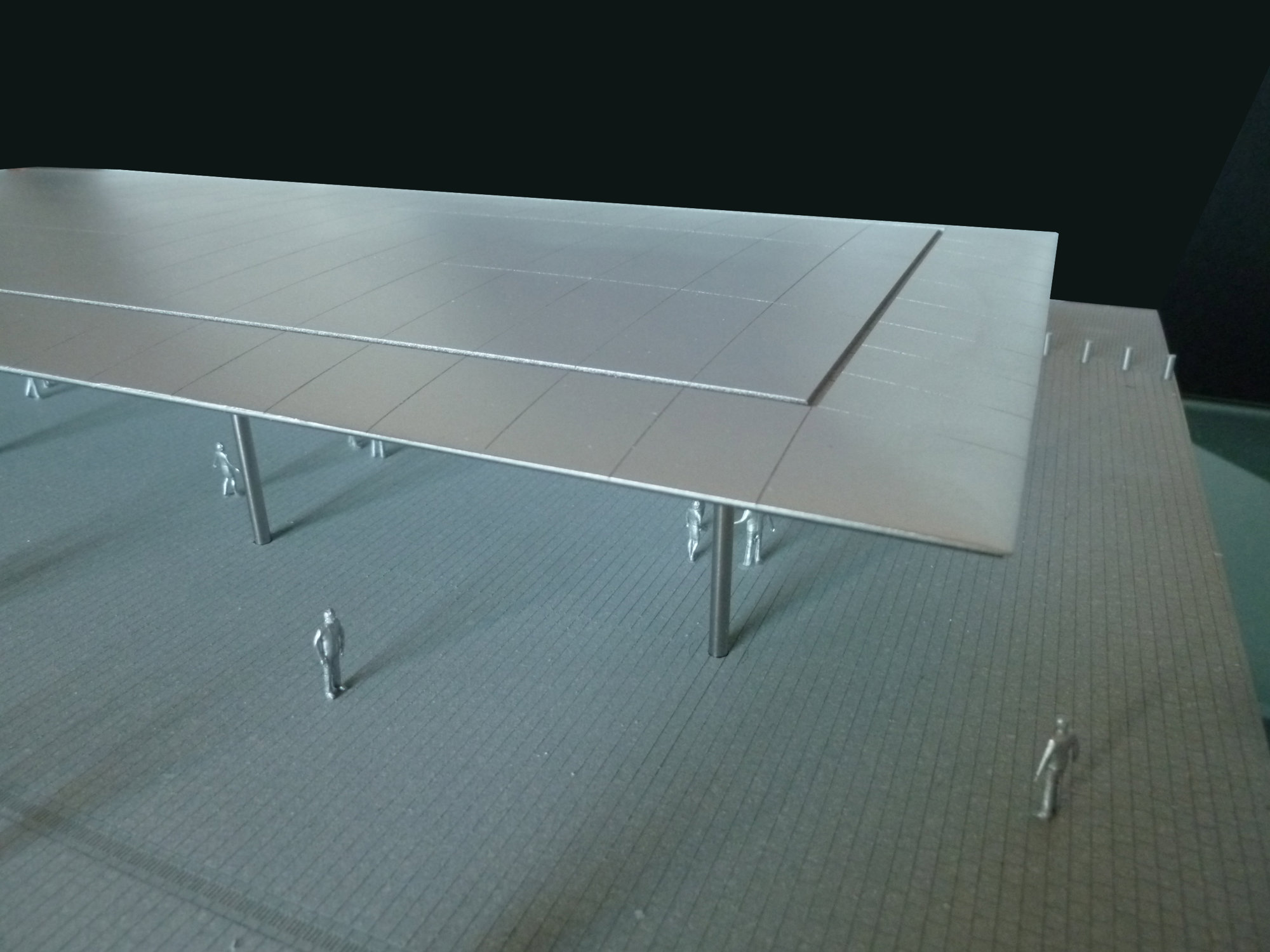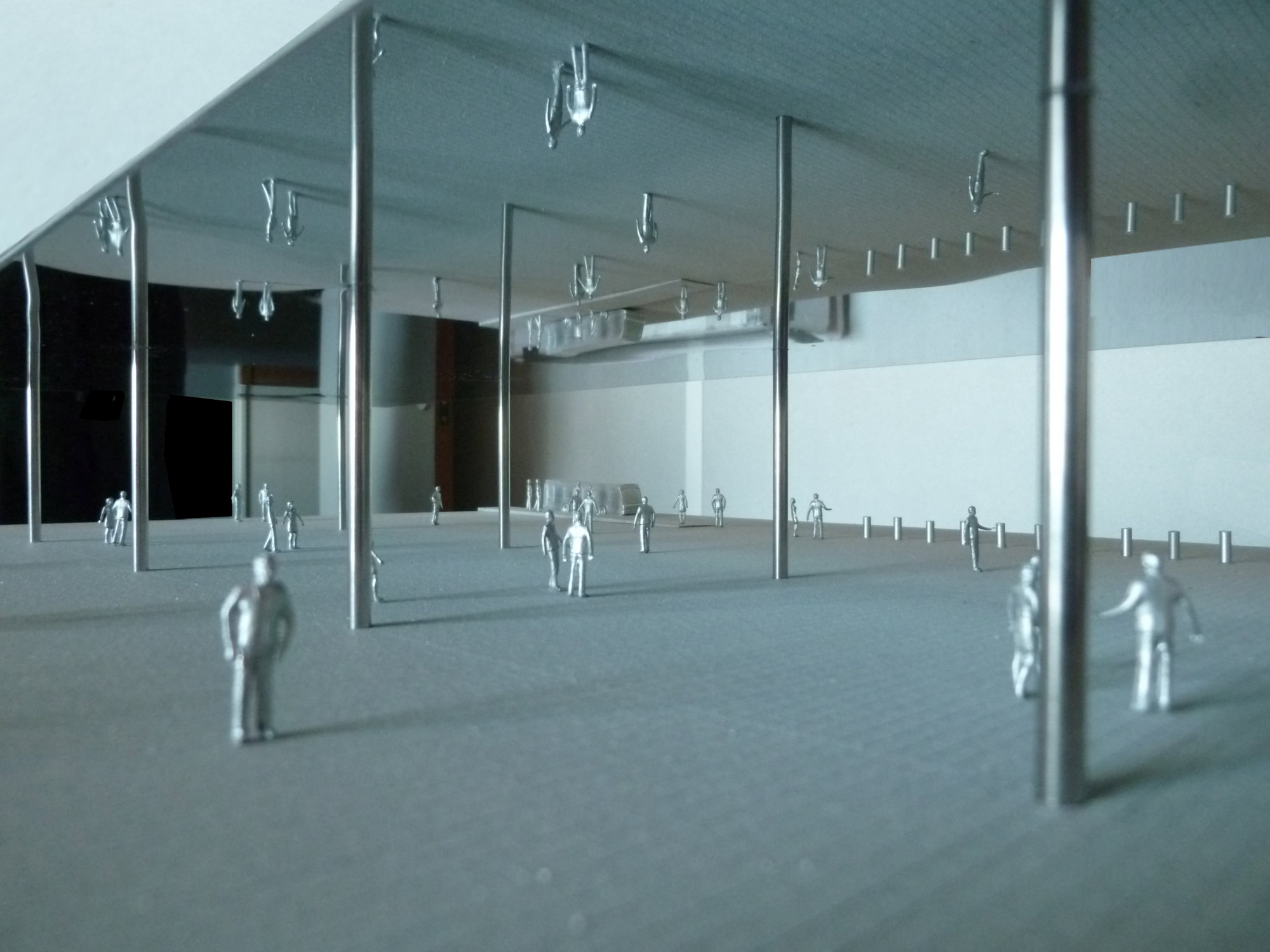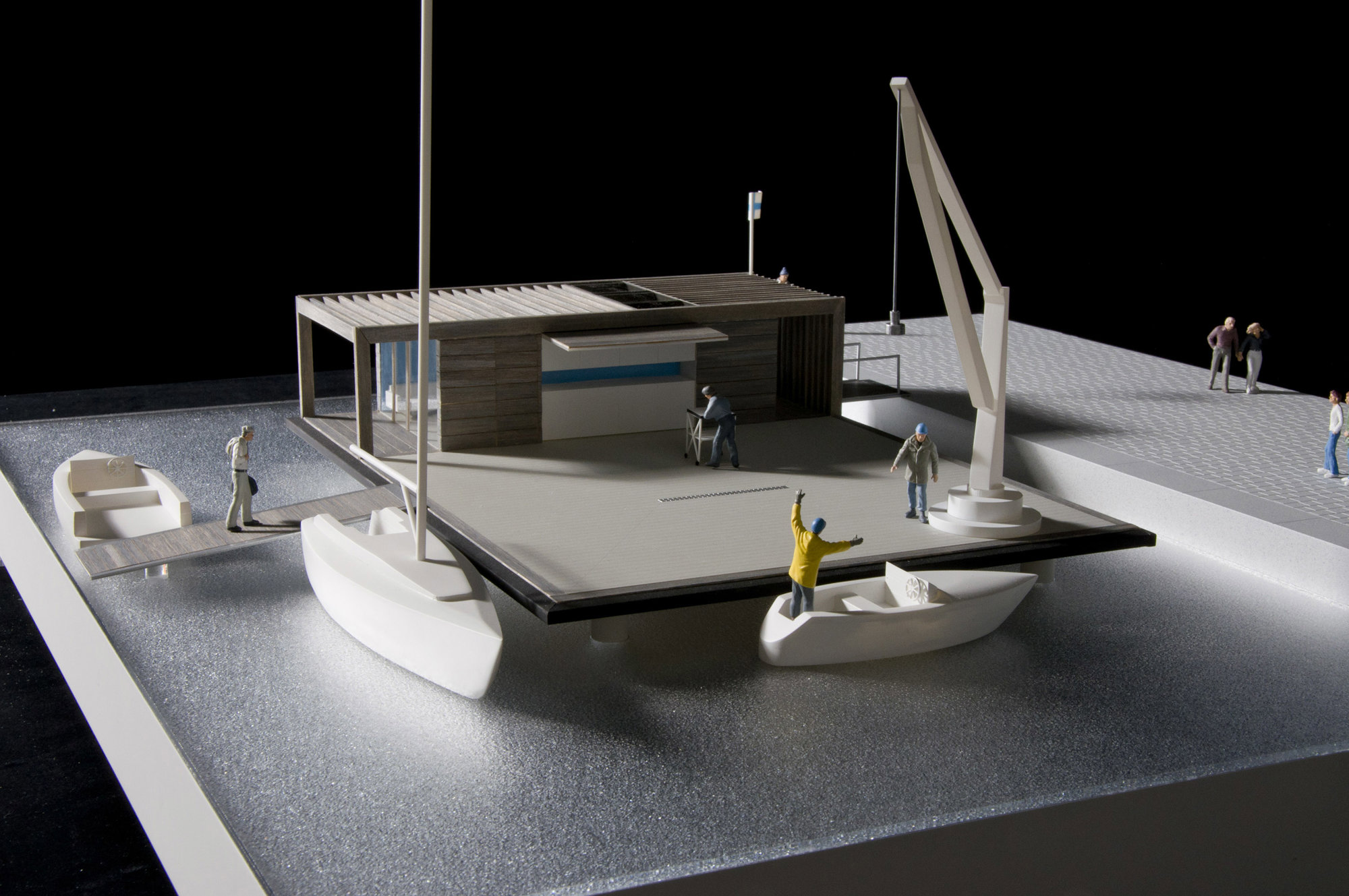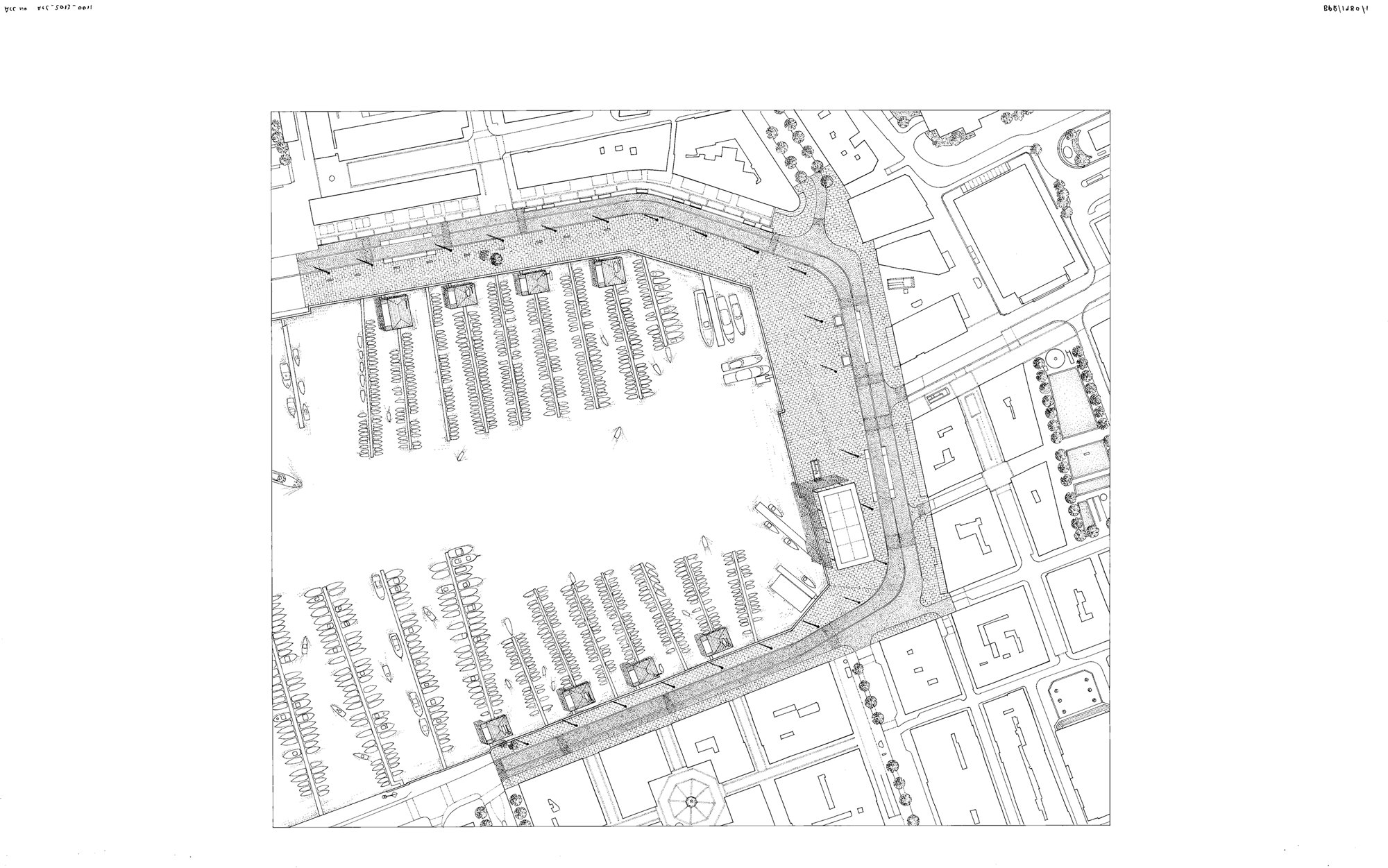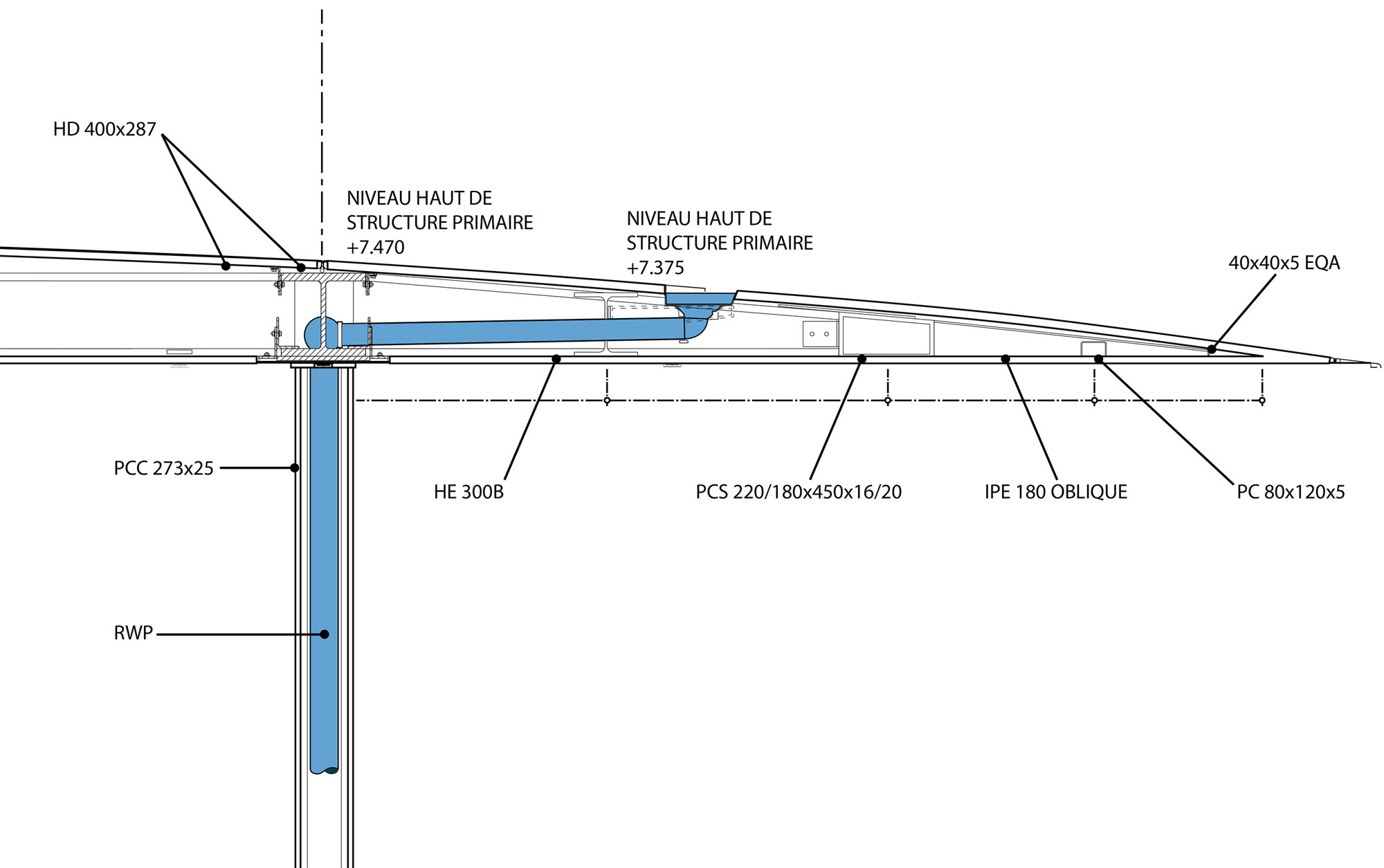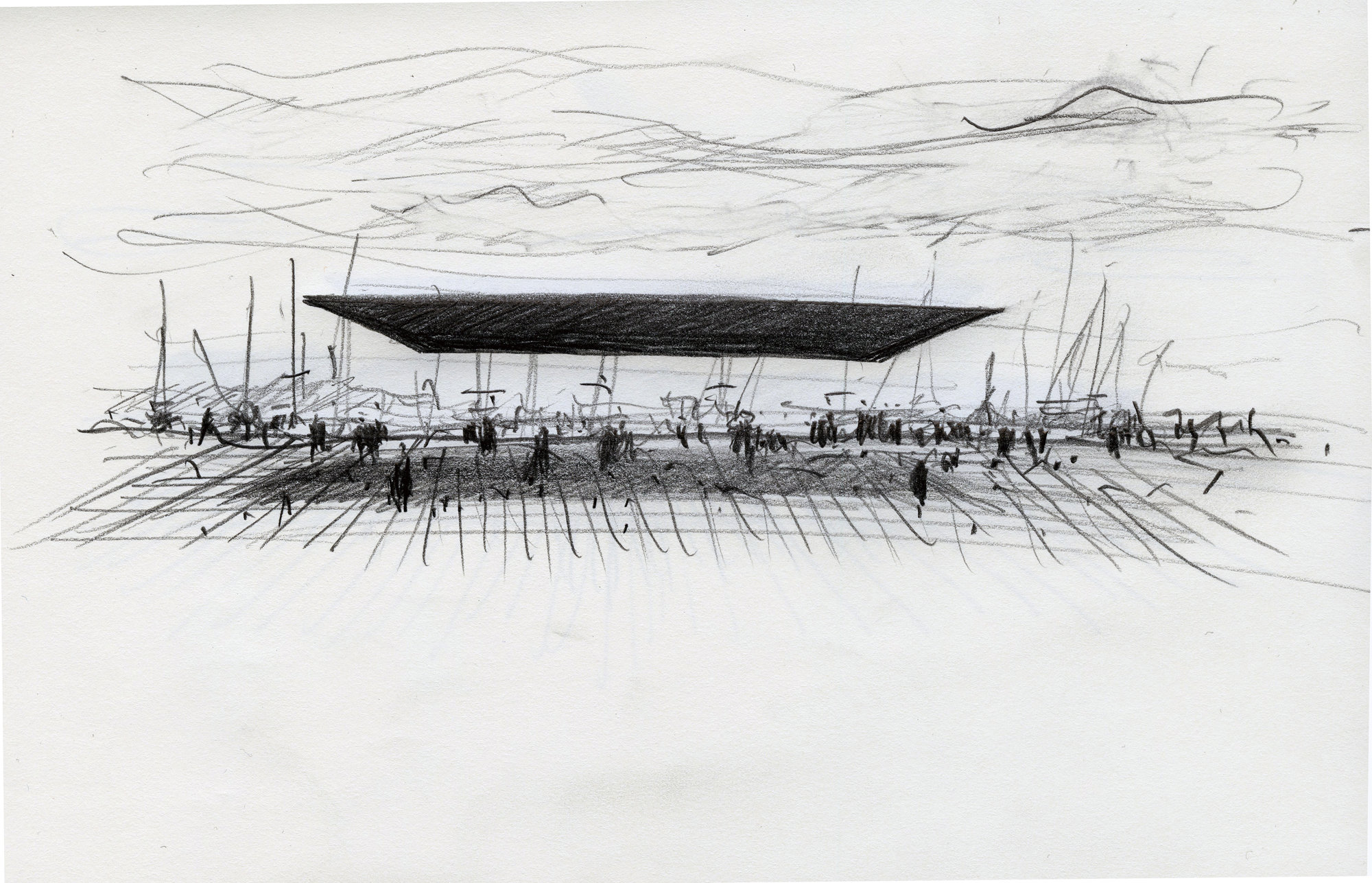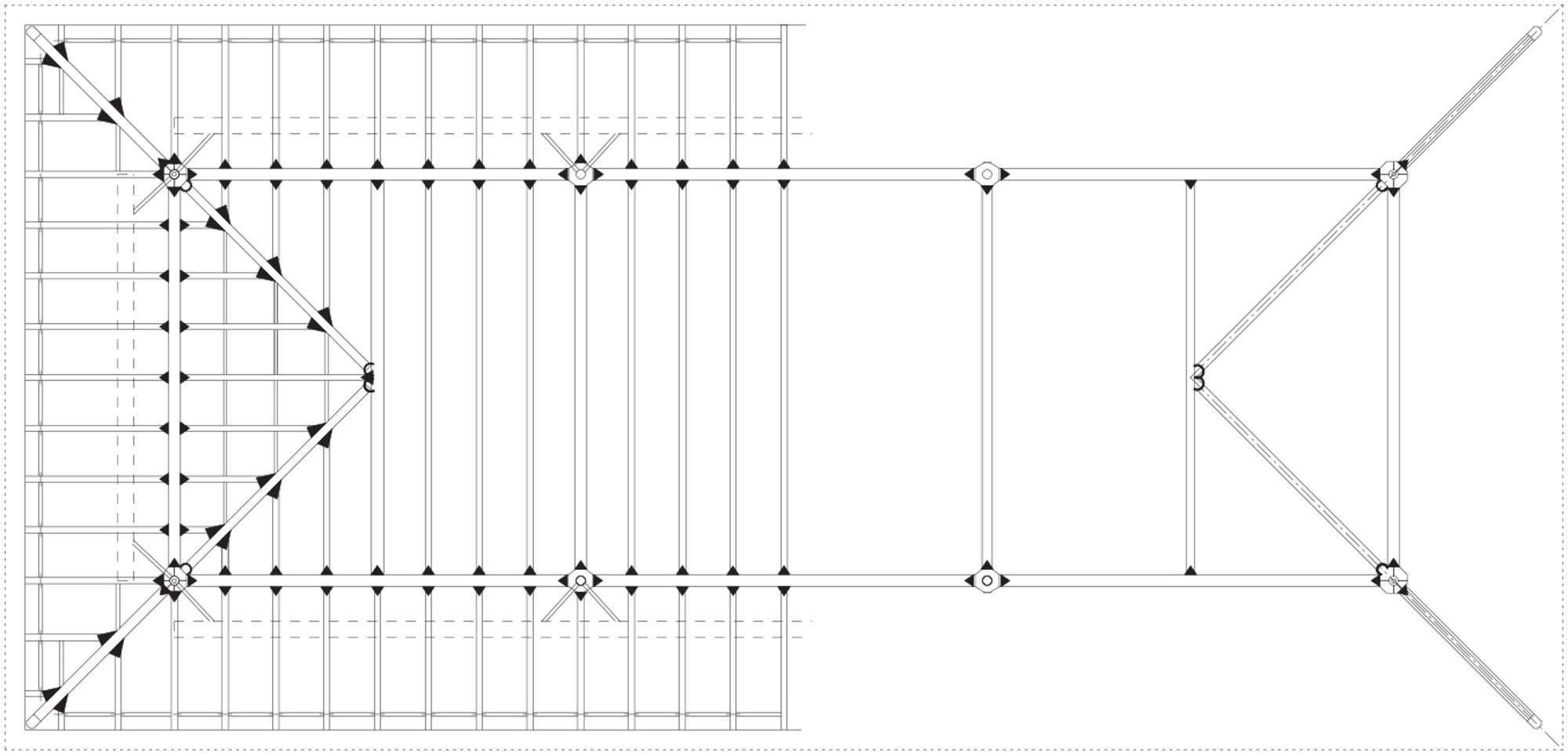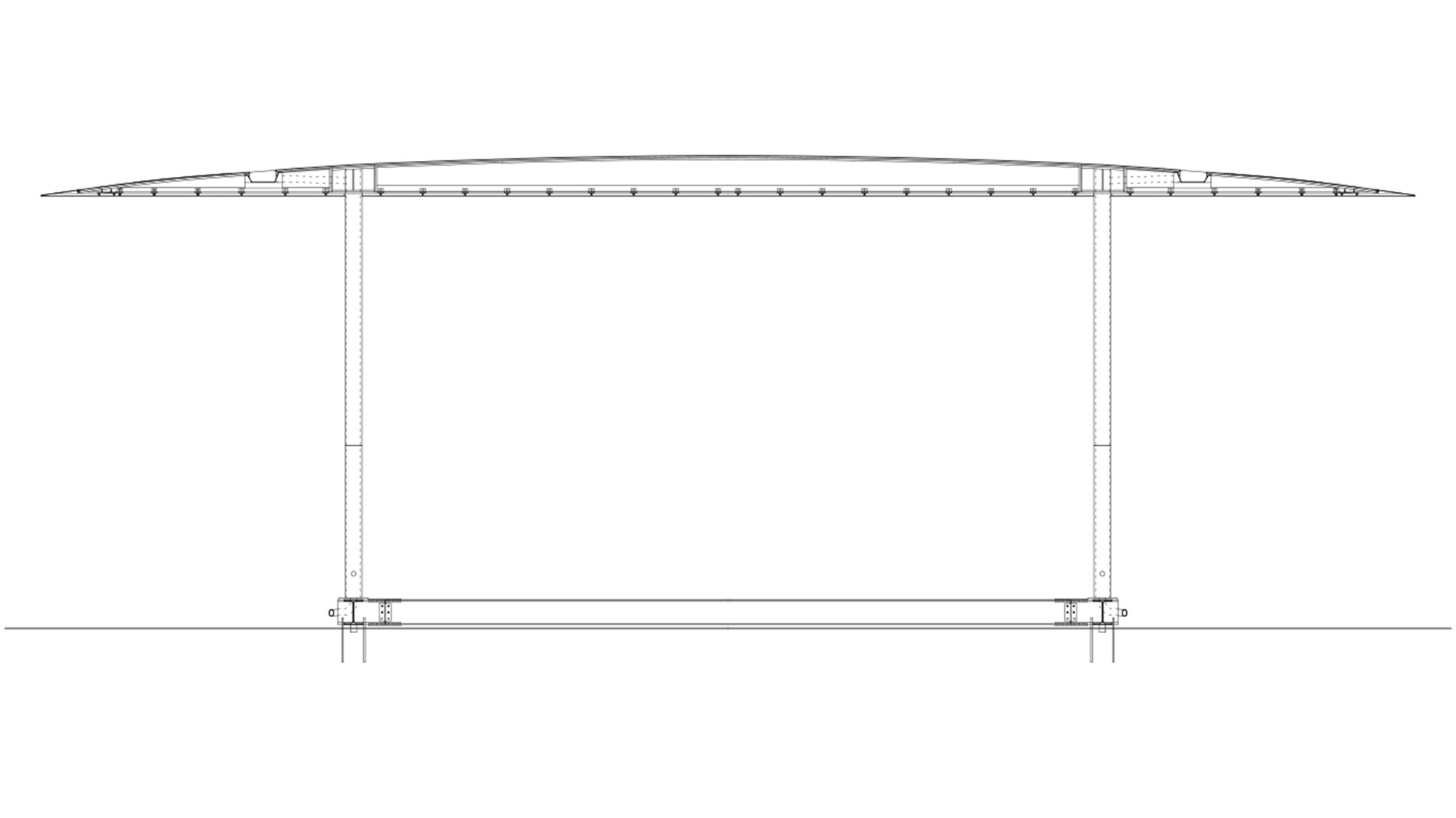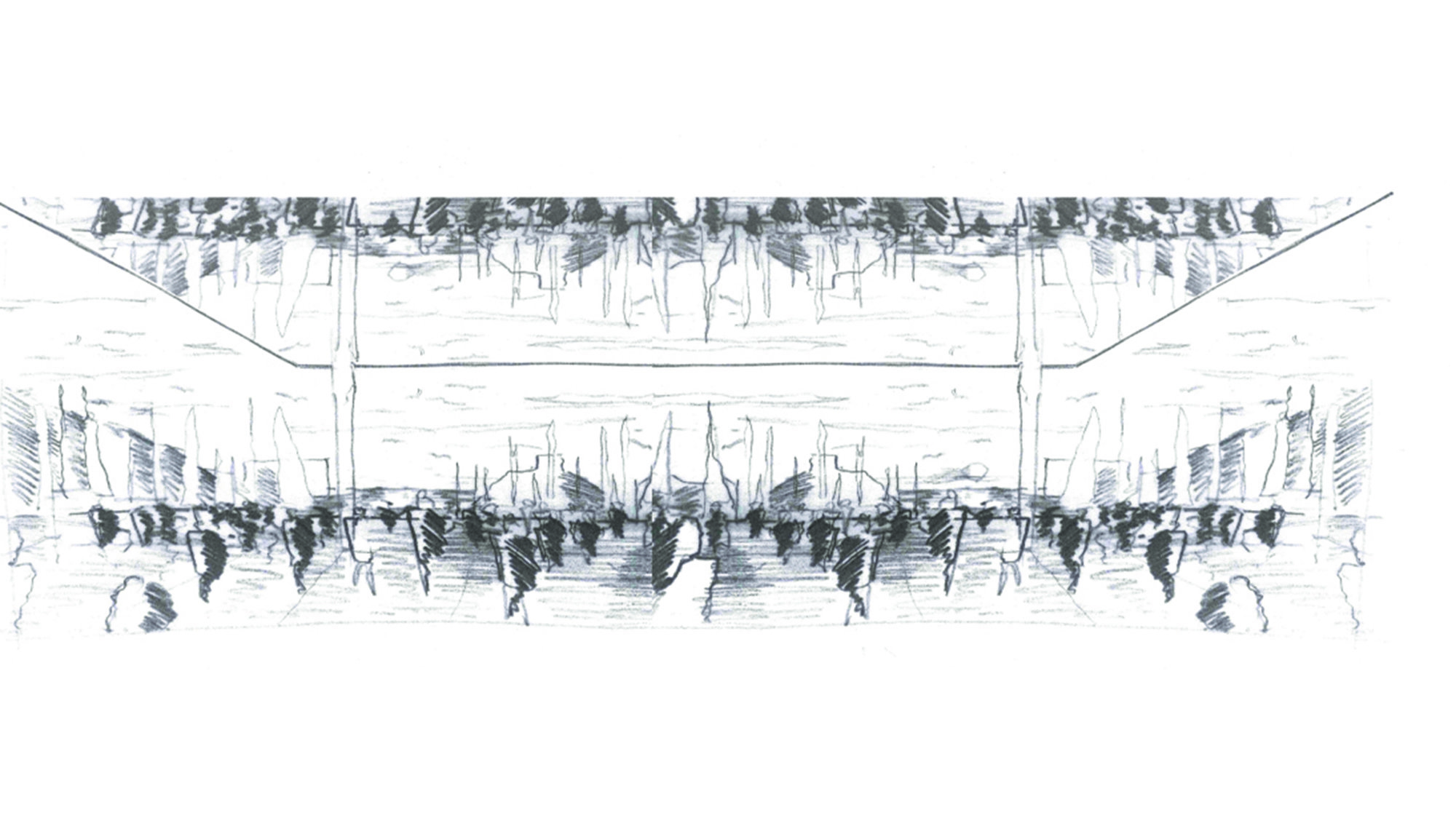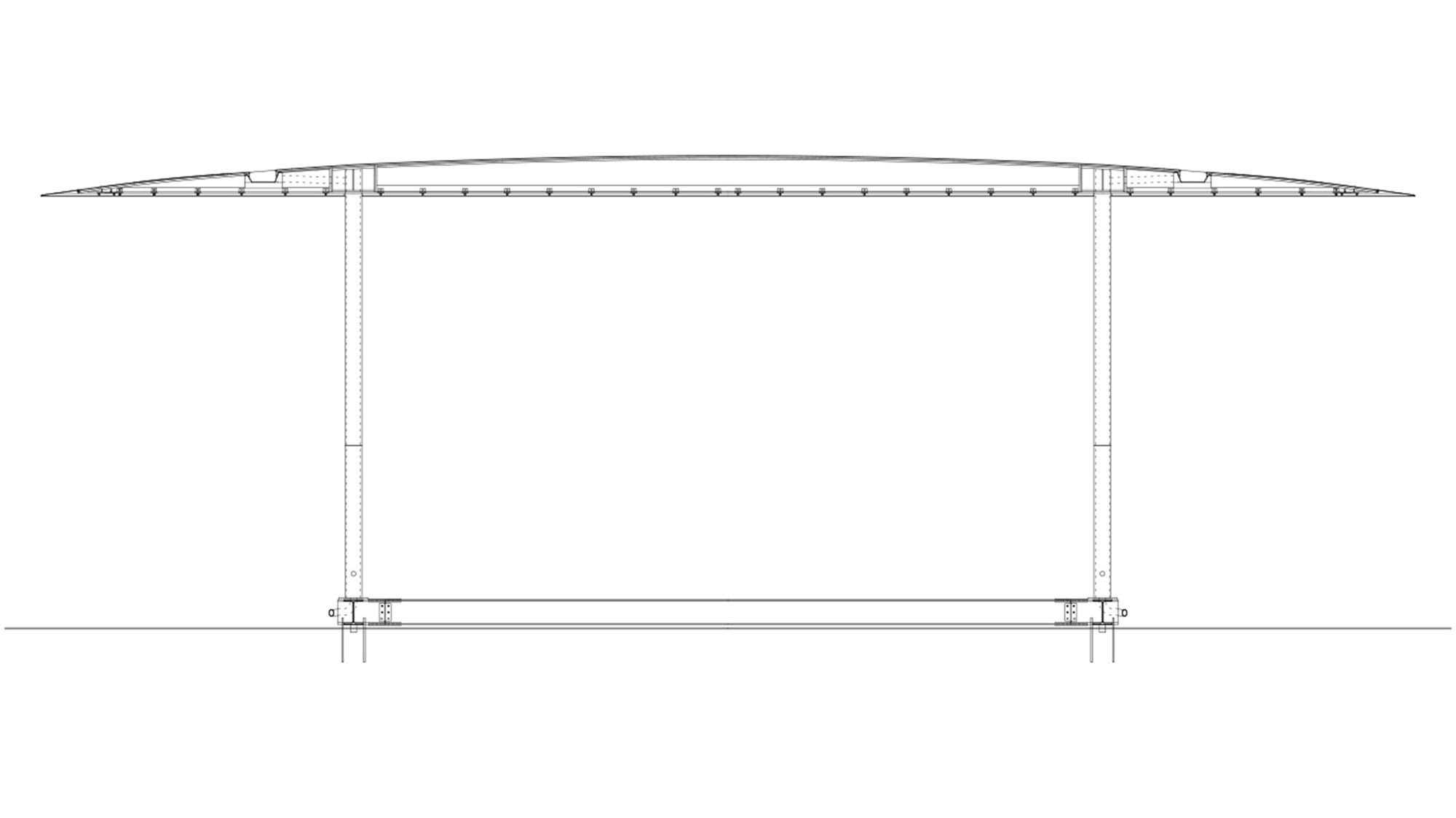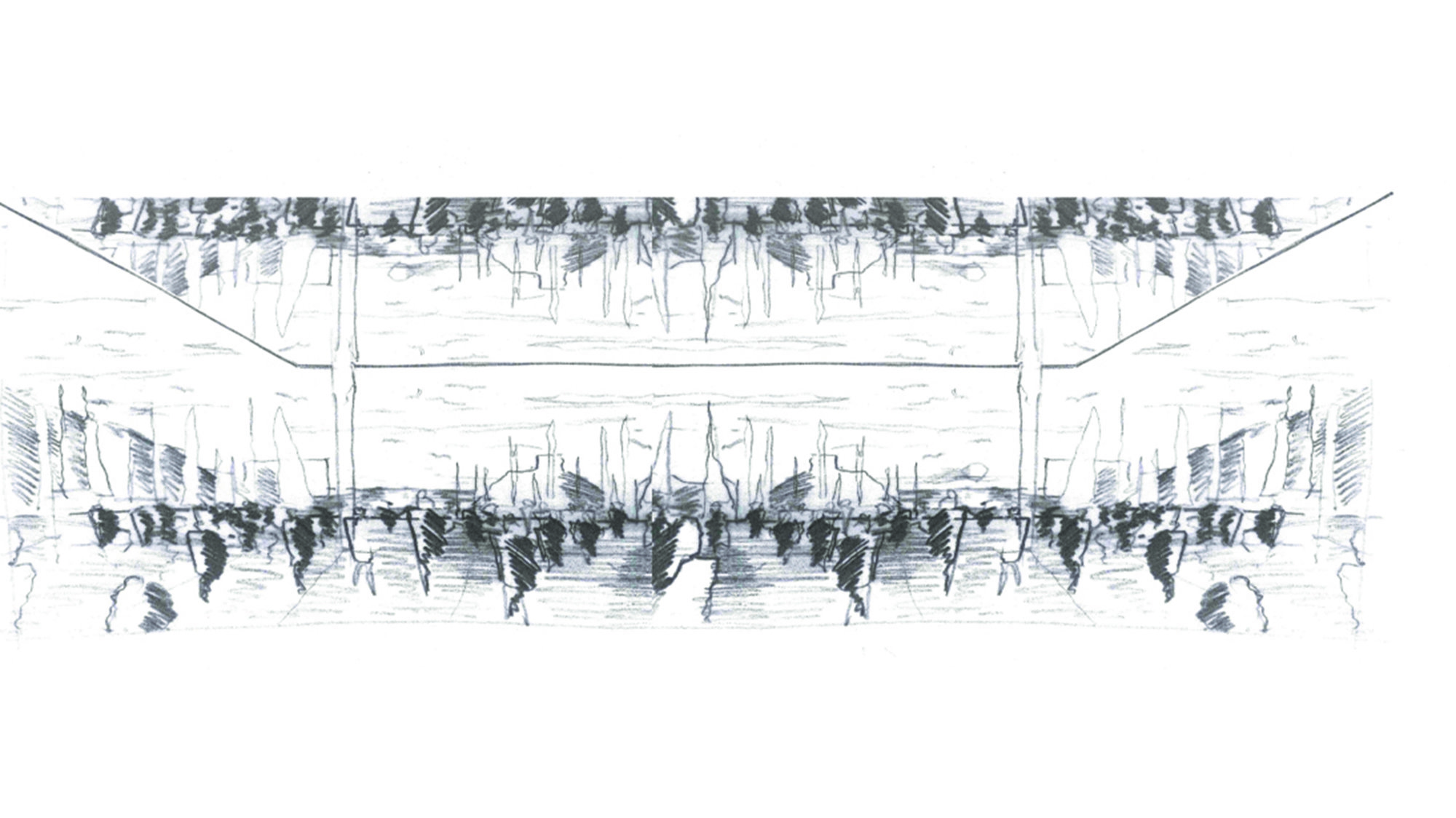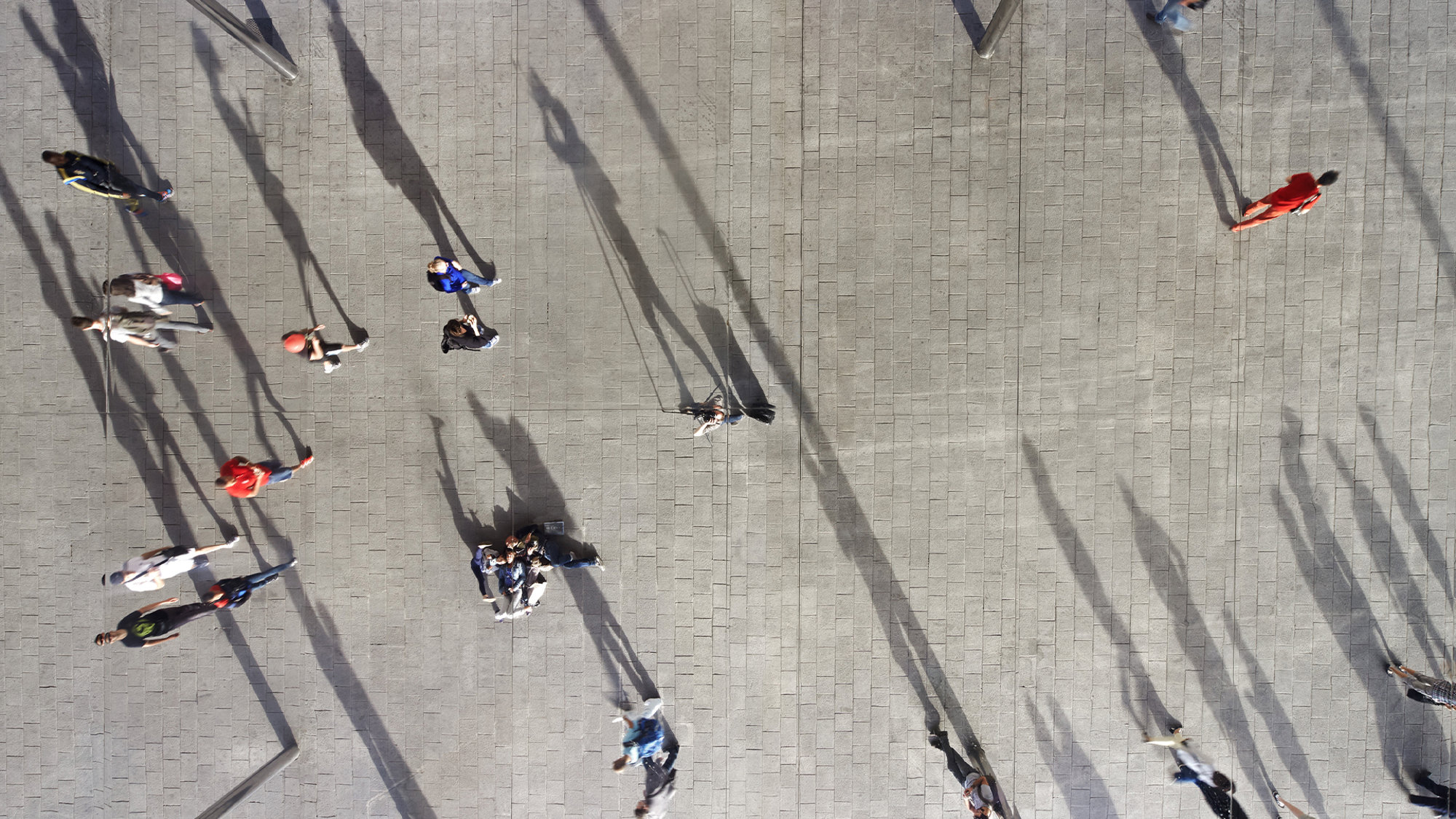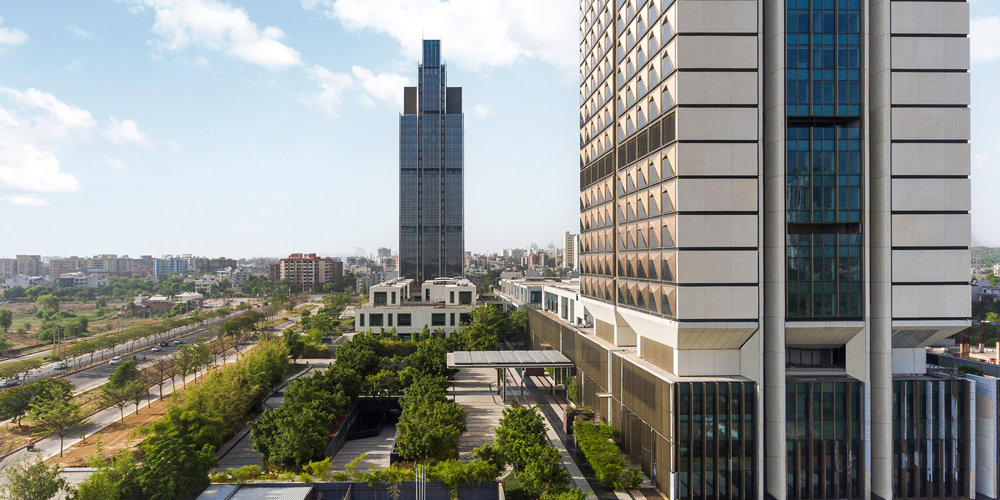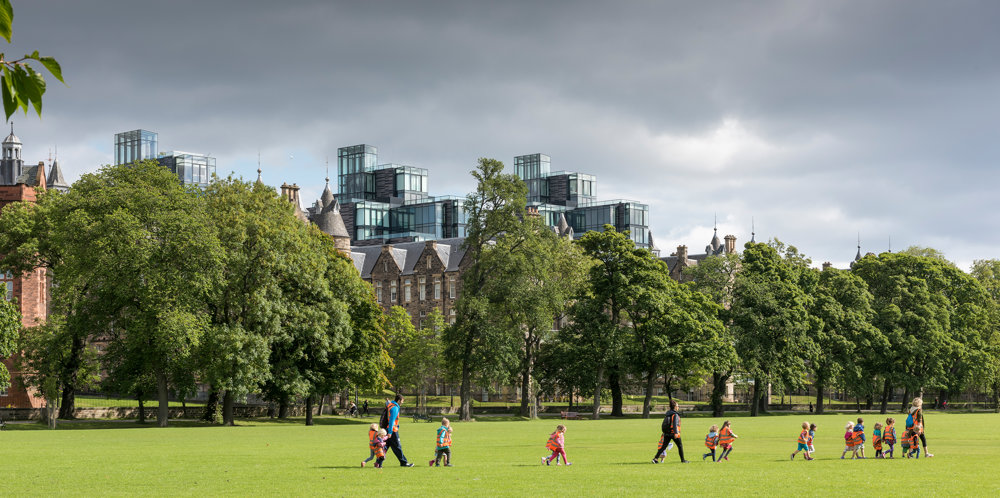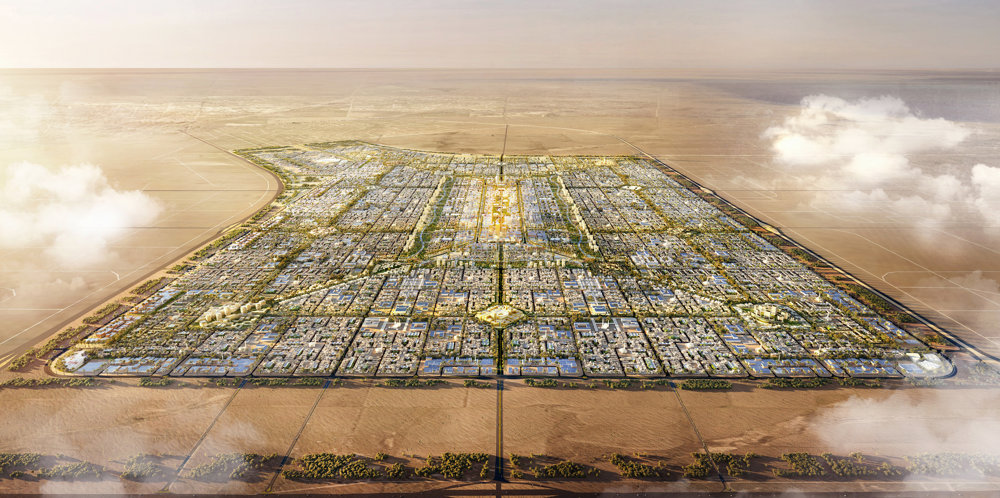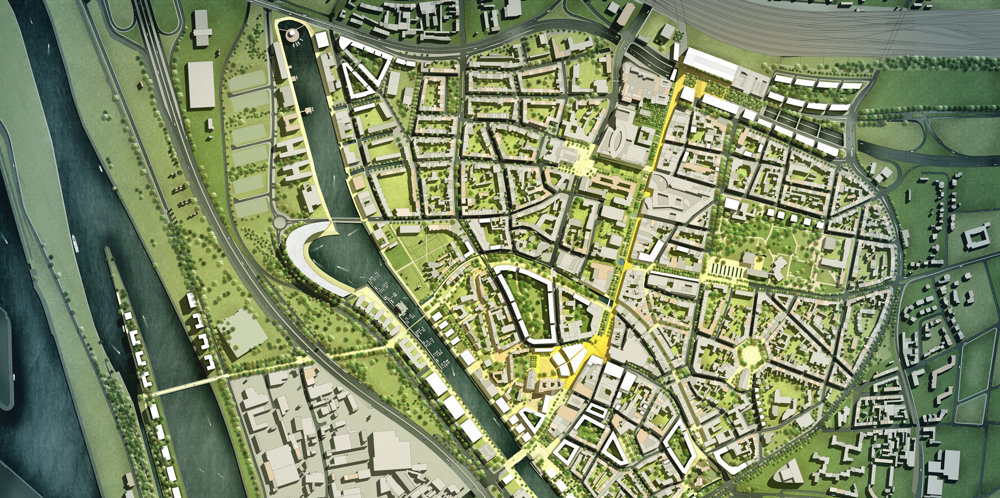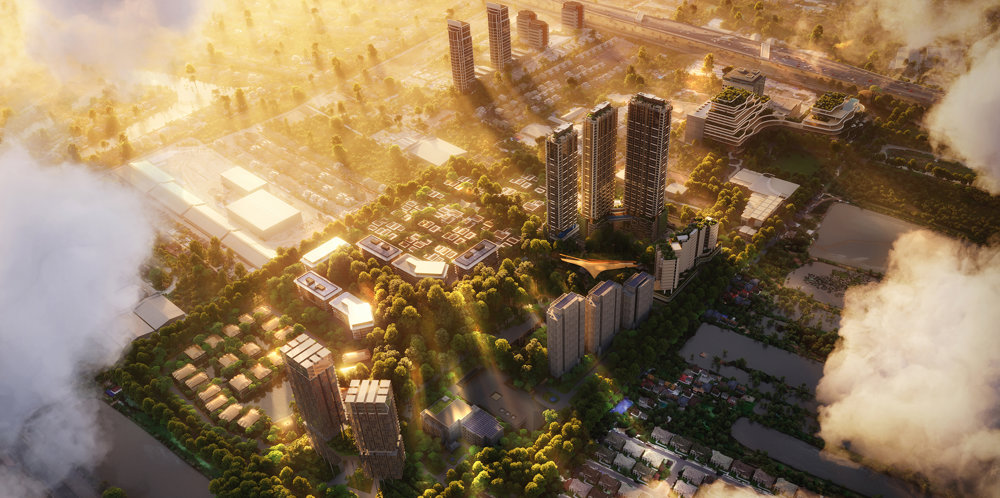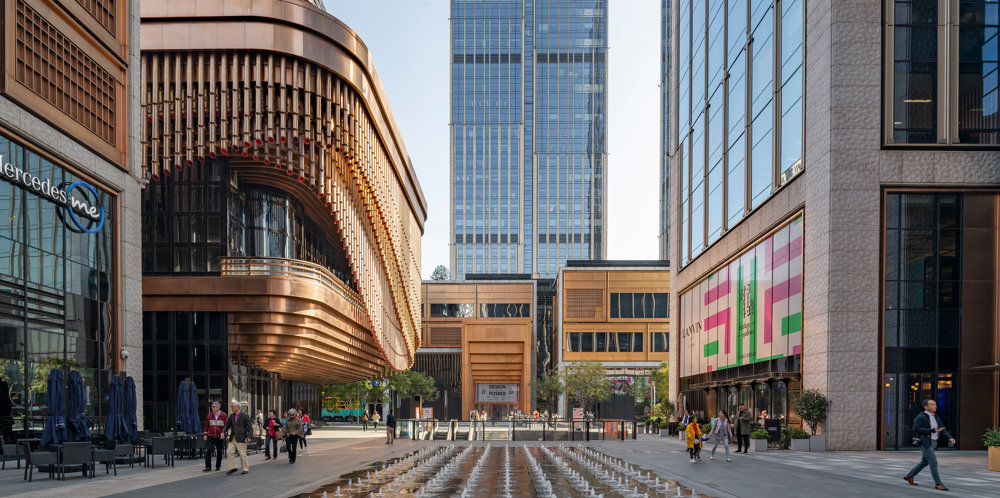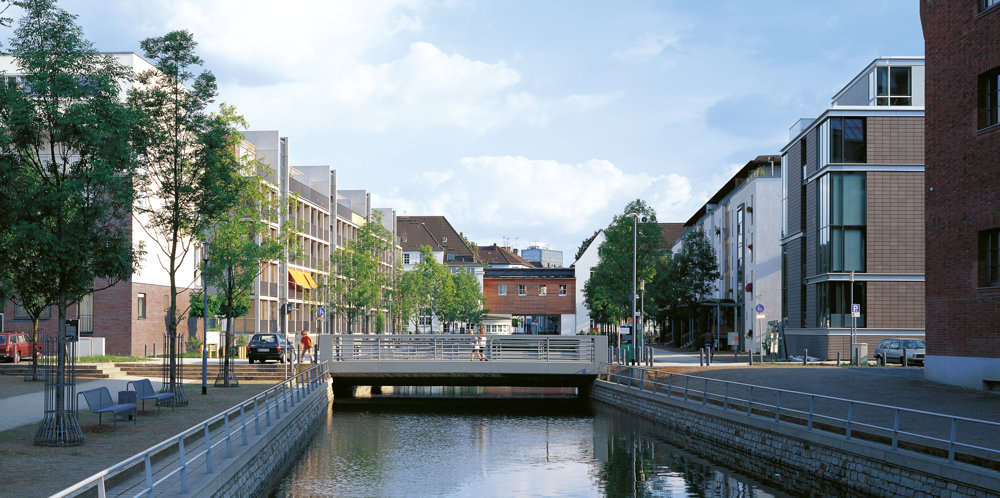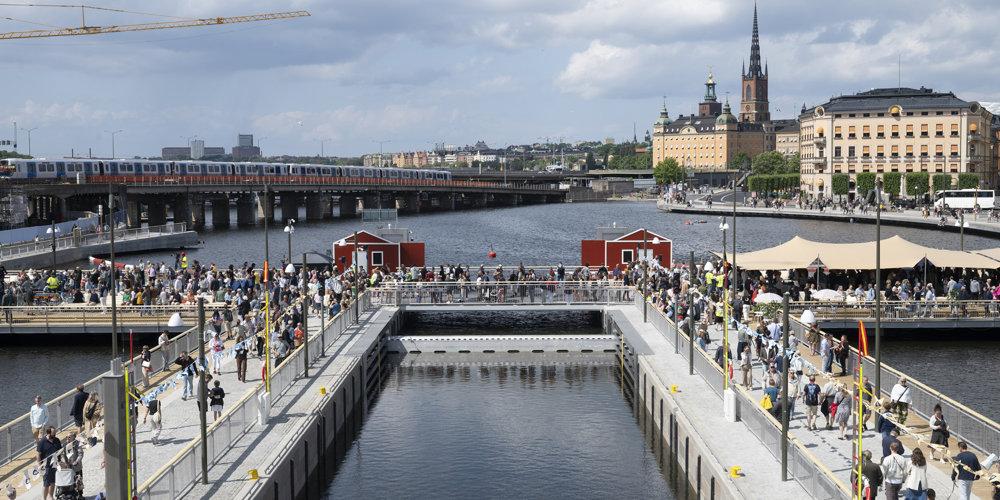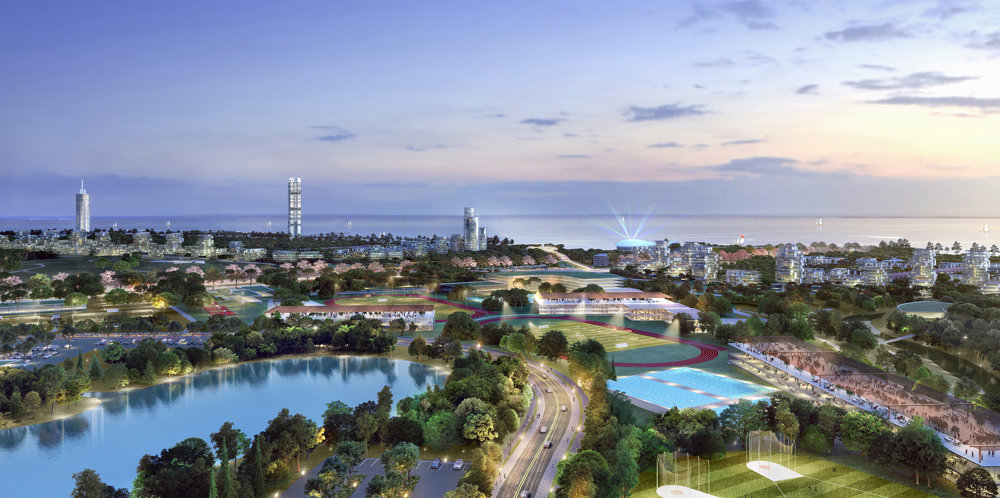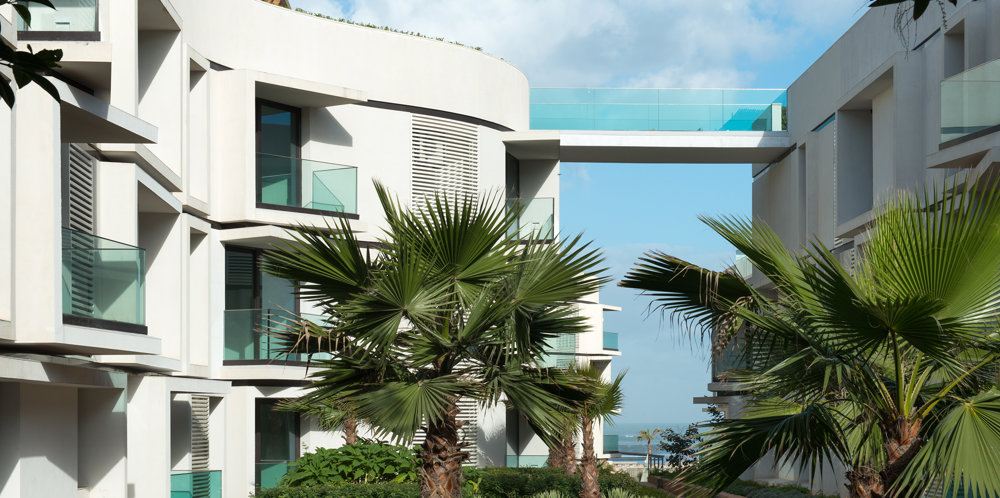Marseille’s Vieux Port is one of the grand Mediterranean ports, but over time the World Heritage-listed site had become inaccessible to pedestrians and was cut off from the life of the city. The masterplan for its regeneration reclaims the quaysides as a civic space, creating new informal venues for performances and events and removing traffic to create a safe, semi-pedestrianised public realm. Its transformation was one of a series of projects to complete in time for the city’s inauguration as European Capital of Culture in 2013.
Enlarging the space for pedestrians, the technical installations and boat houses on the quays are replaced with new platforms and clubhouses over the water. The landscape design, which was developed with Michel Desvigne, includes a new pale granite surface, which echoes the shade of the original limestone cobbles. Planting is kept to a minimum in favour of hard-wearing, roughly textured materials appropriate to the port setting. The design eliminates kerbs and changes in level to improve accessibility, as well as using removable cast iron bollards to maximise flexibility.
Using very simple means, the space is enhanced with small, discreet pavilions for events, markets and special occasions. At Quai des Belges, the prominent eastern edge of the harbour, a dramatic blade of reflective stainless steel shelters a flexible new events pavilion. Open on all sides, its 46 by 22 metre canopy is supported by slender pillars – the canopy’s polished, mirrored surface reflects the surrounding port and tapers towards the edges, minimising its profile and reducing the structure’s visual impact.
